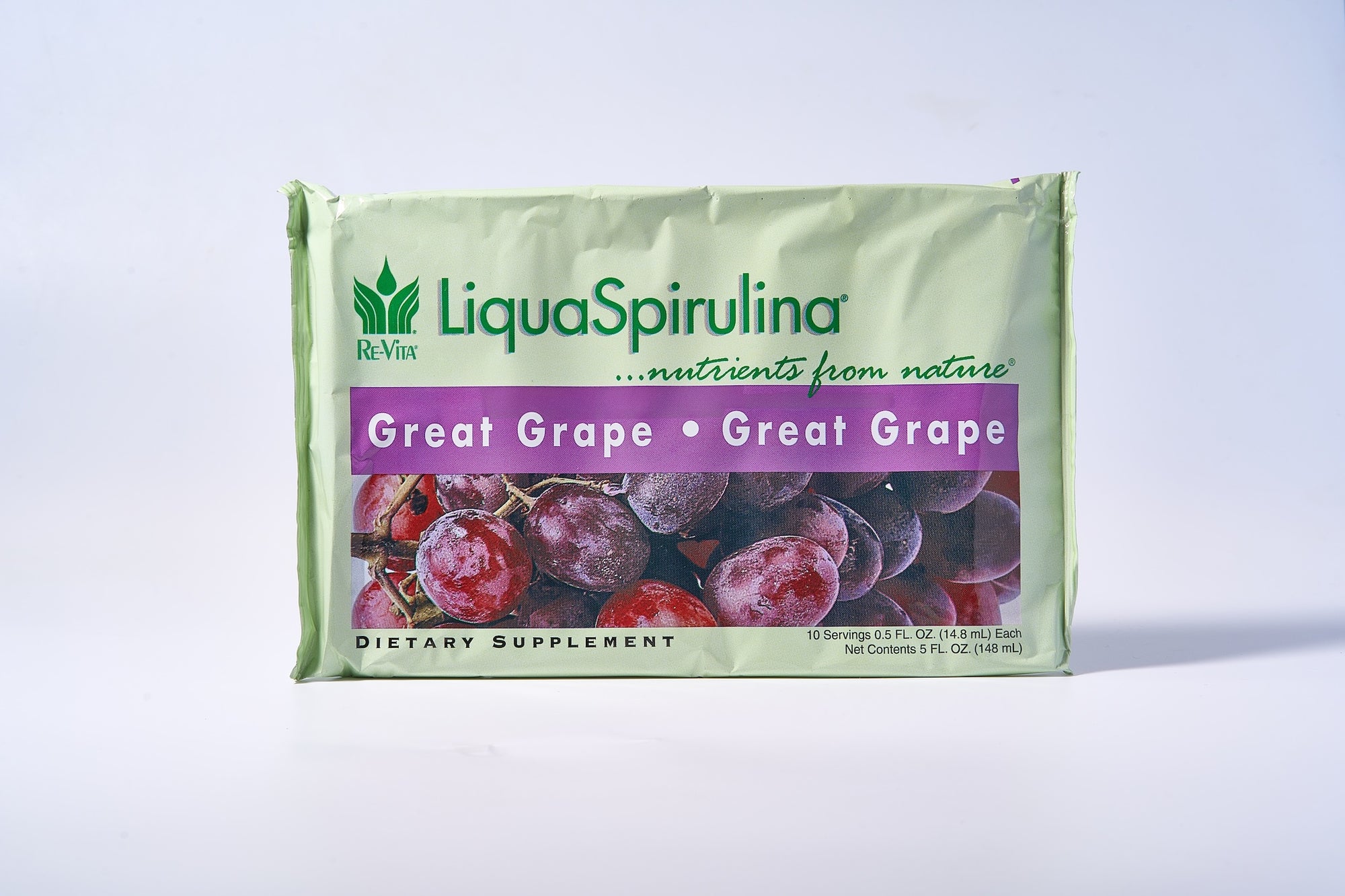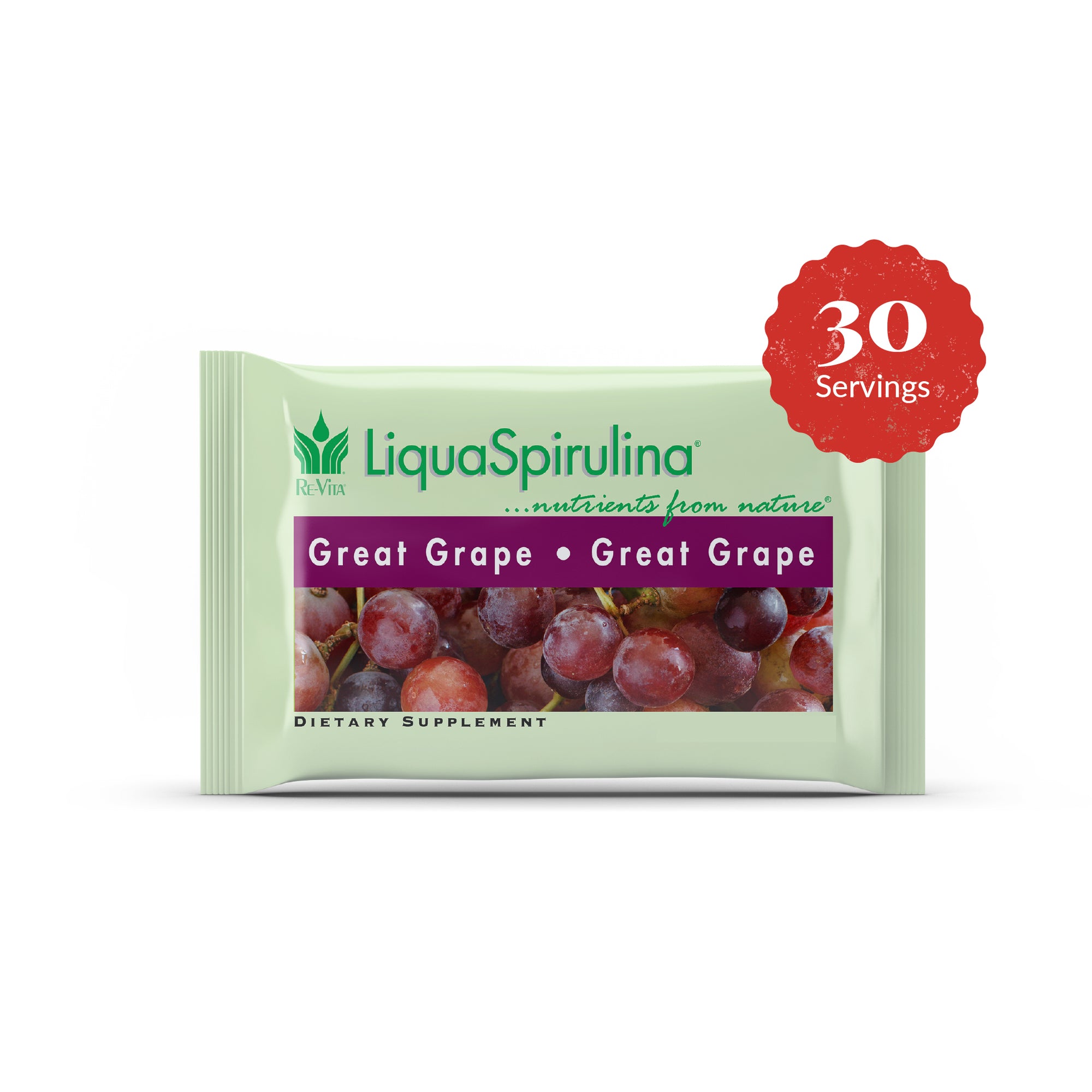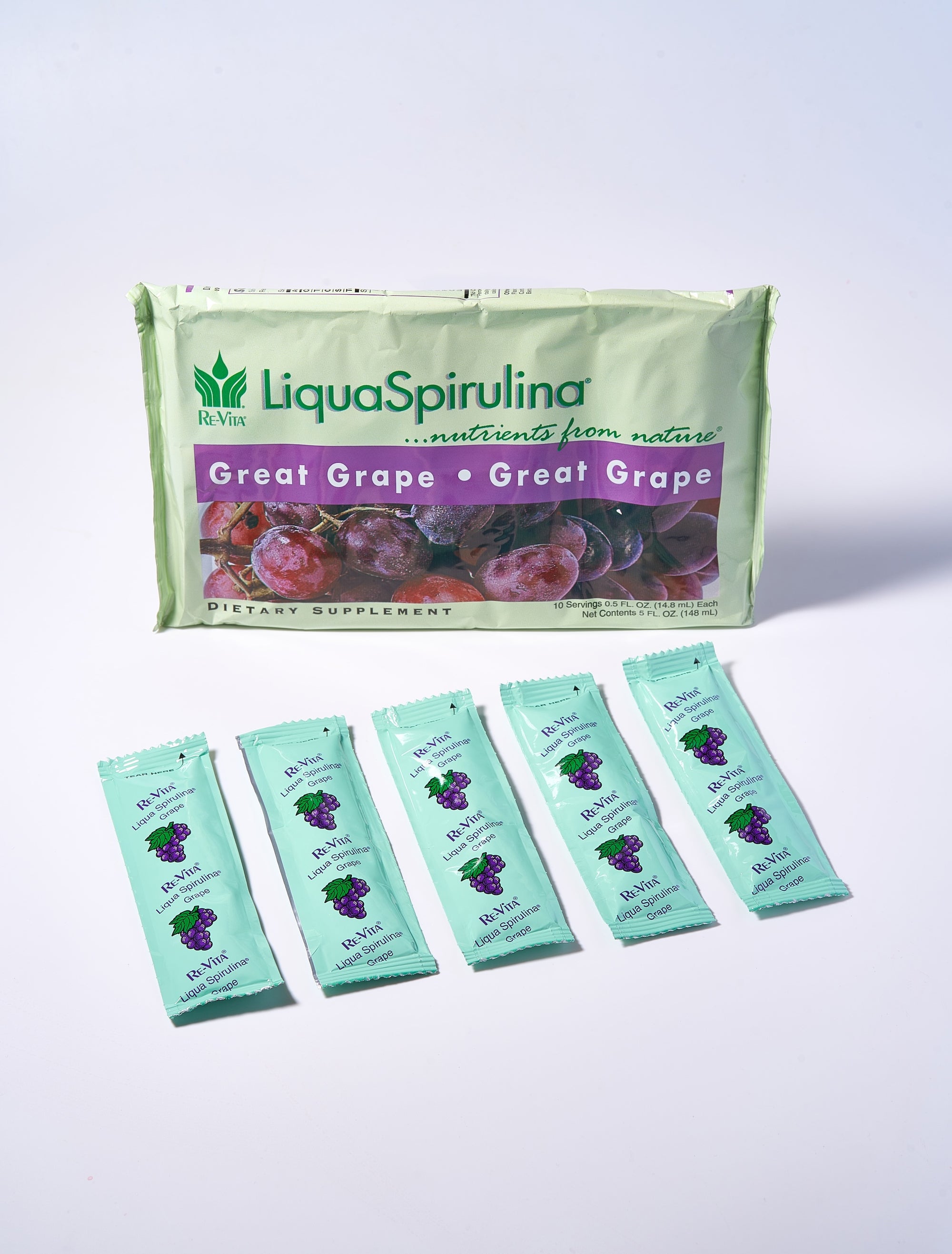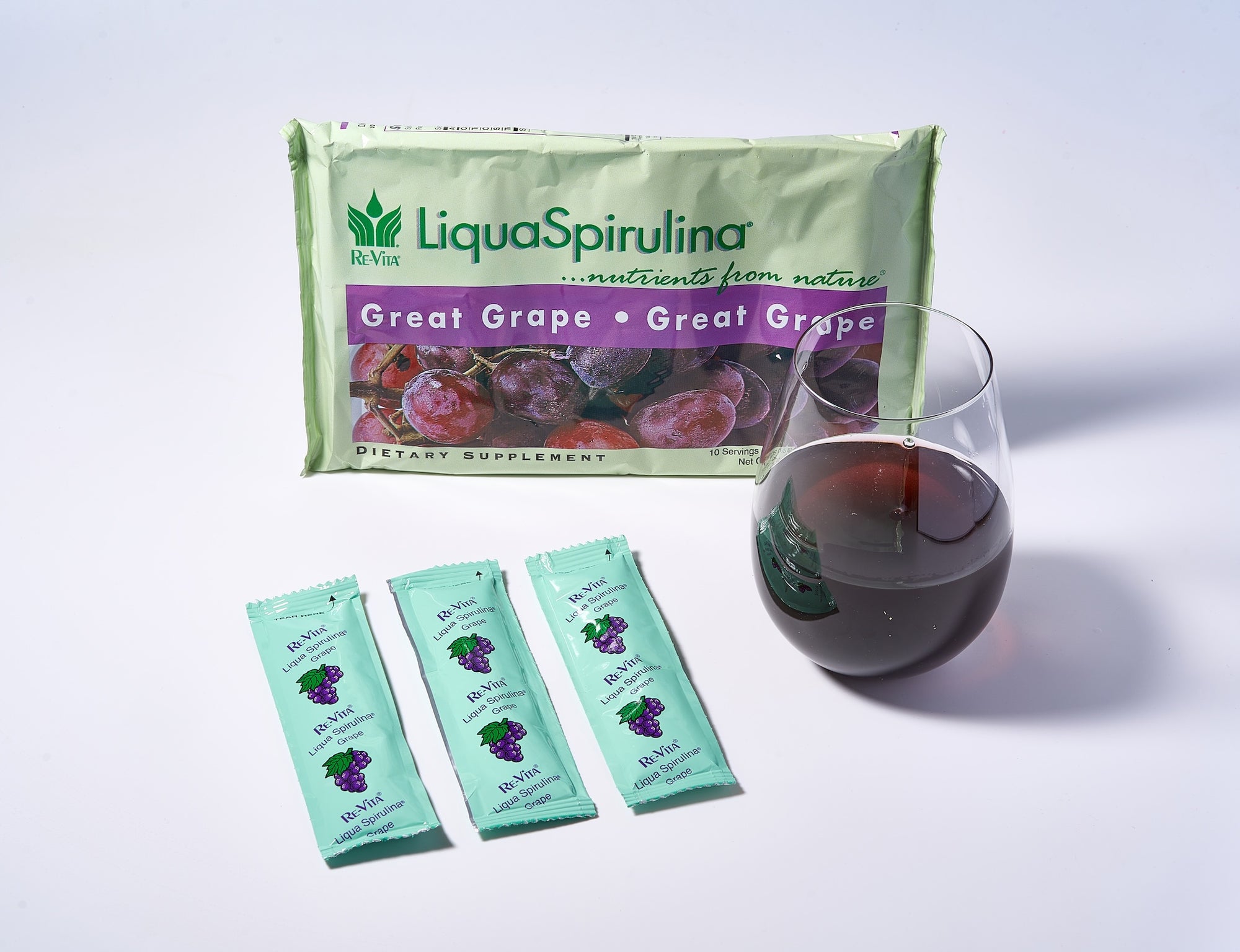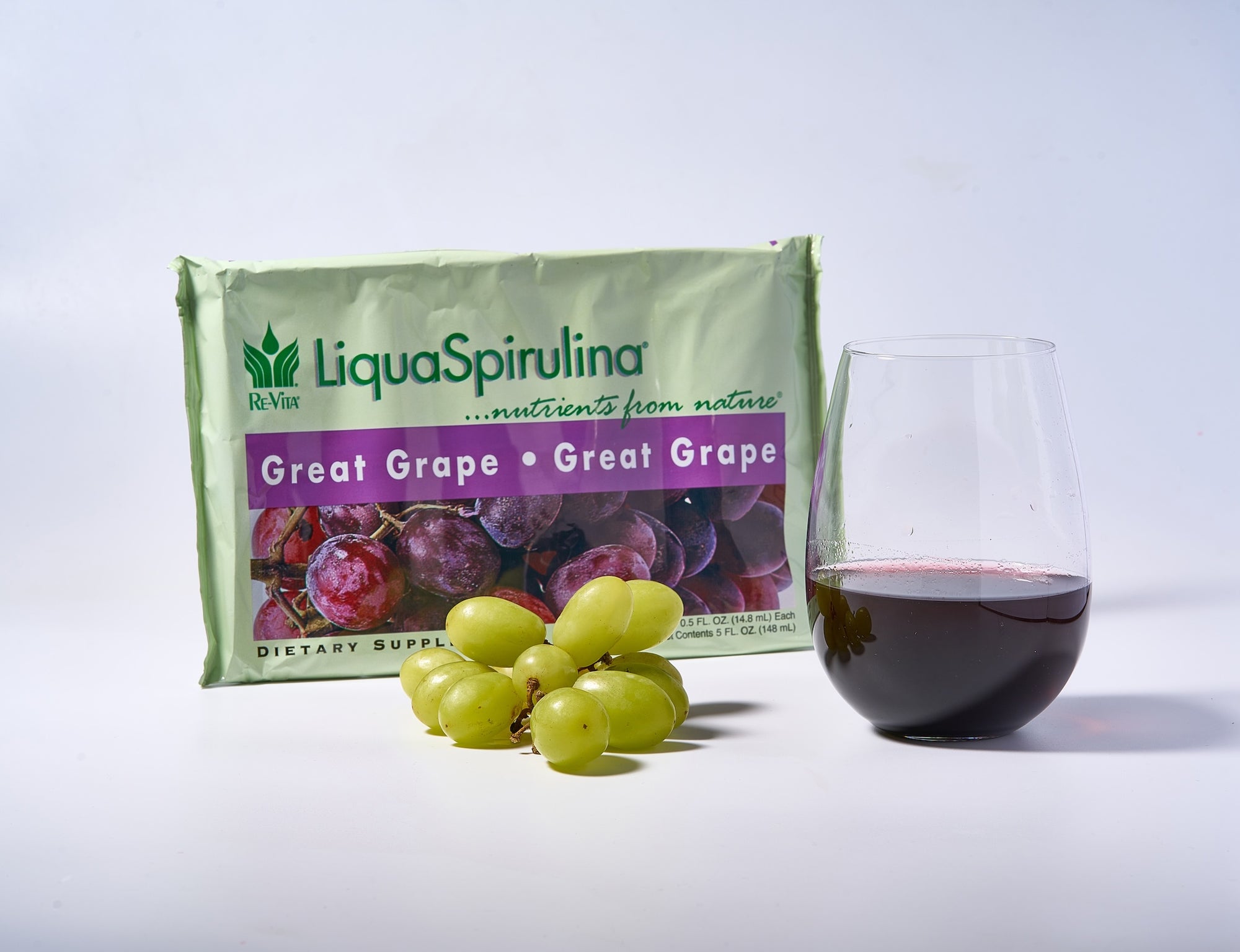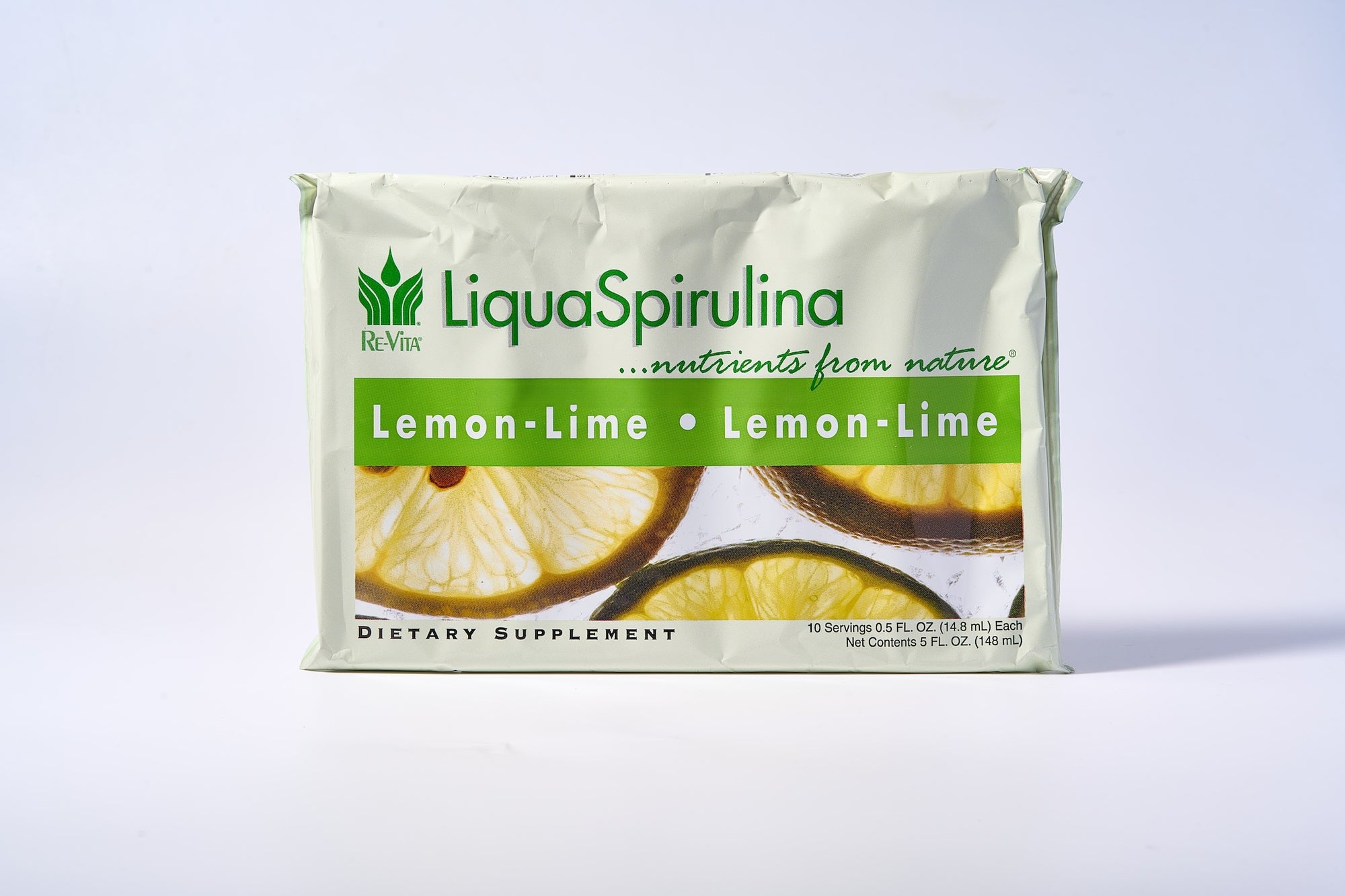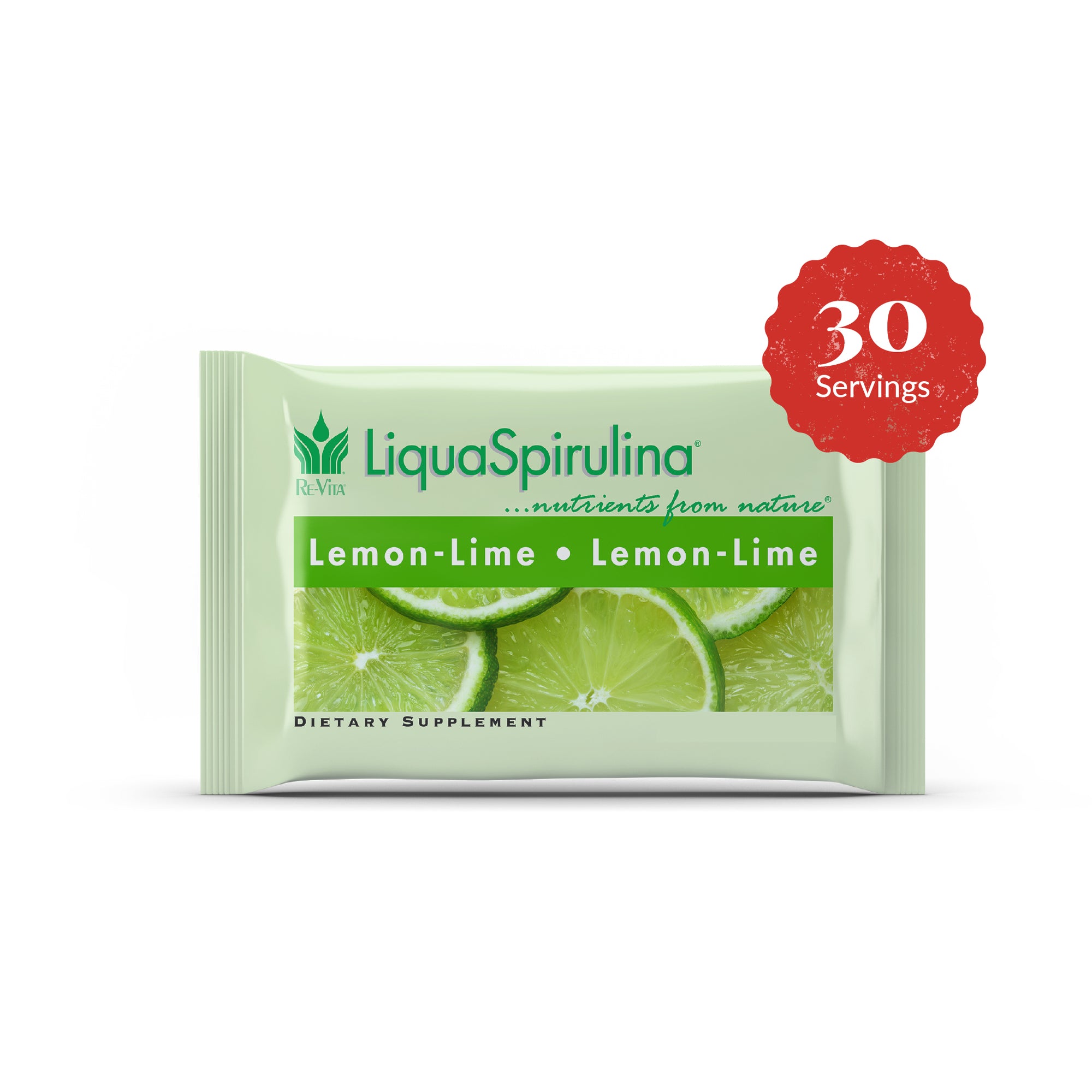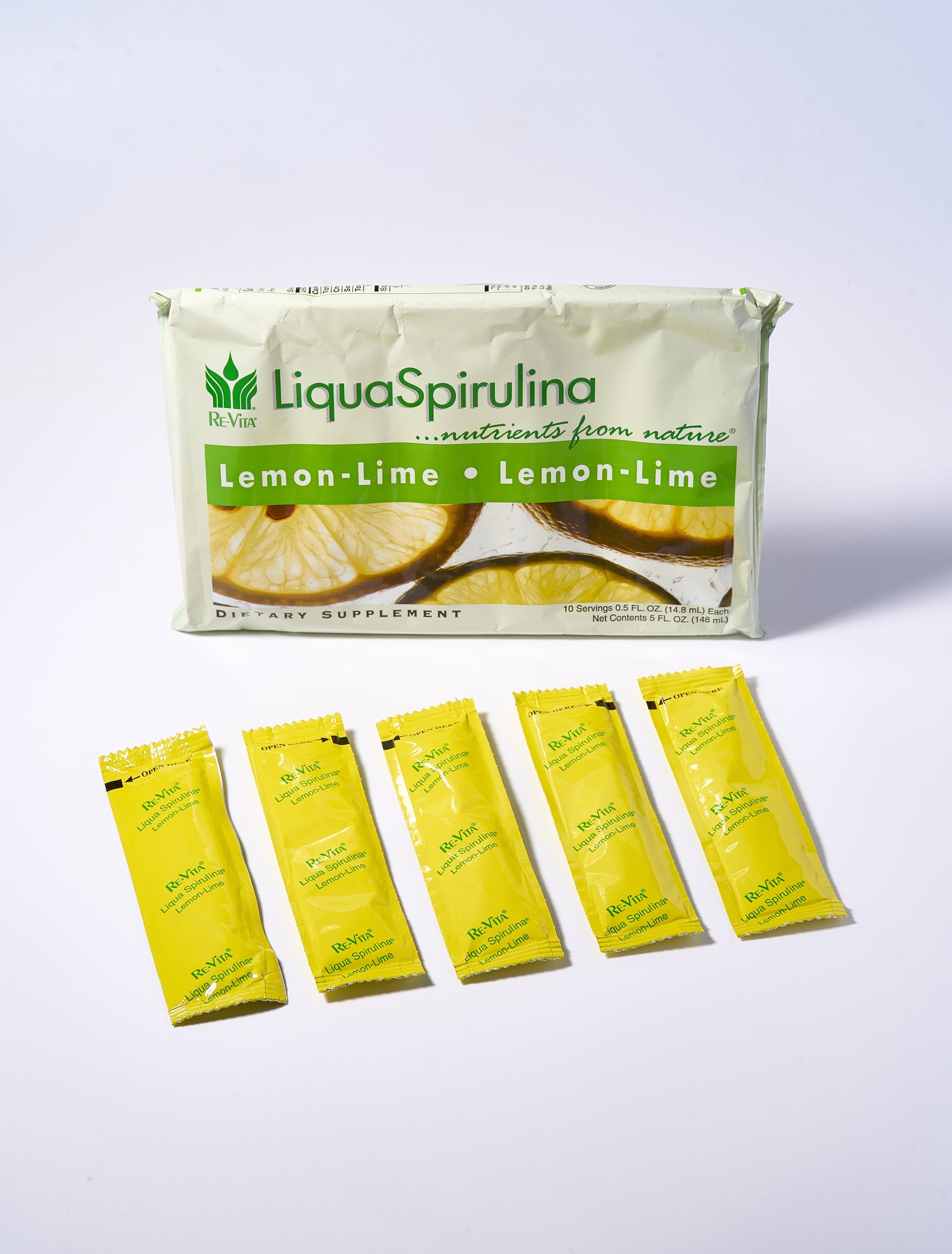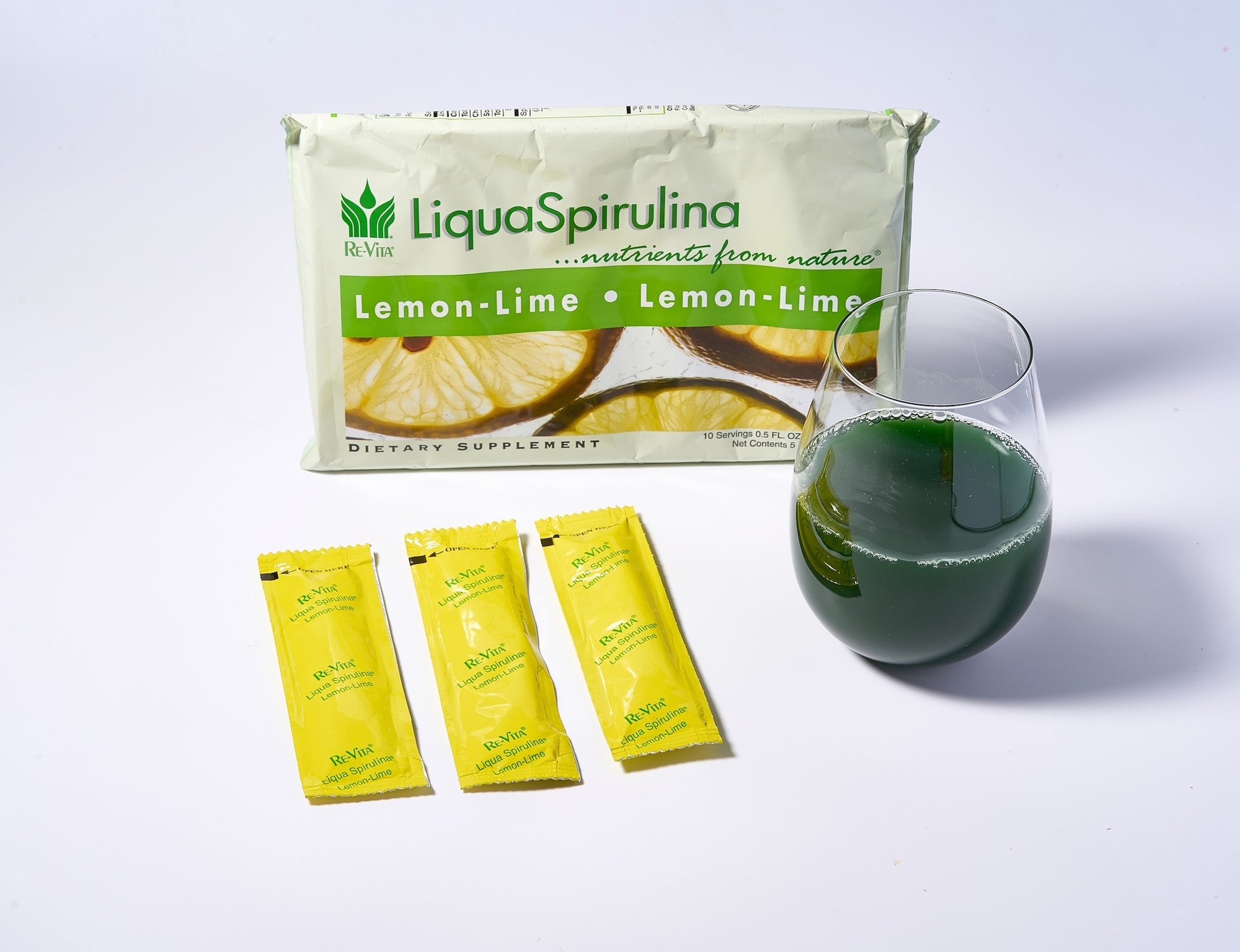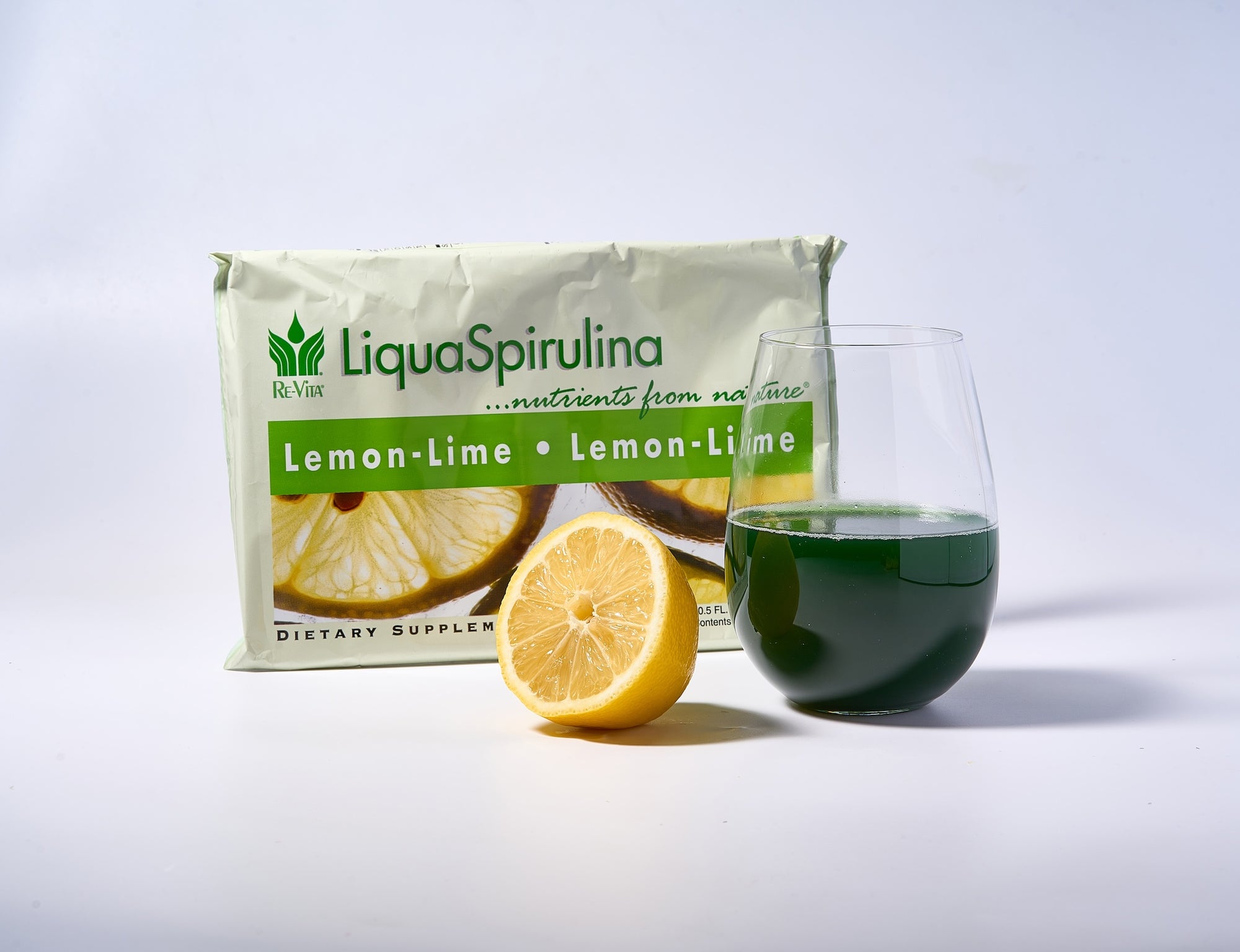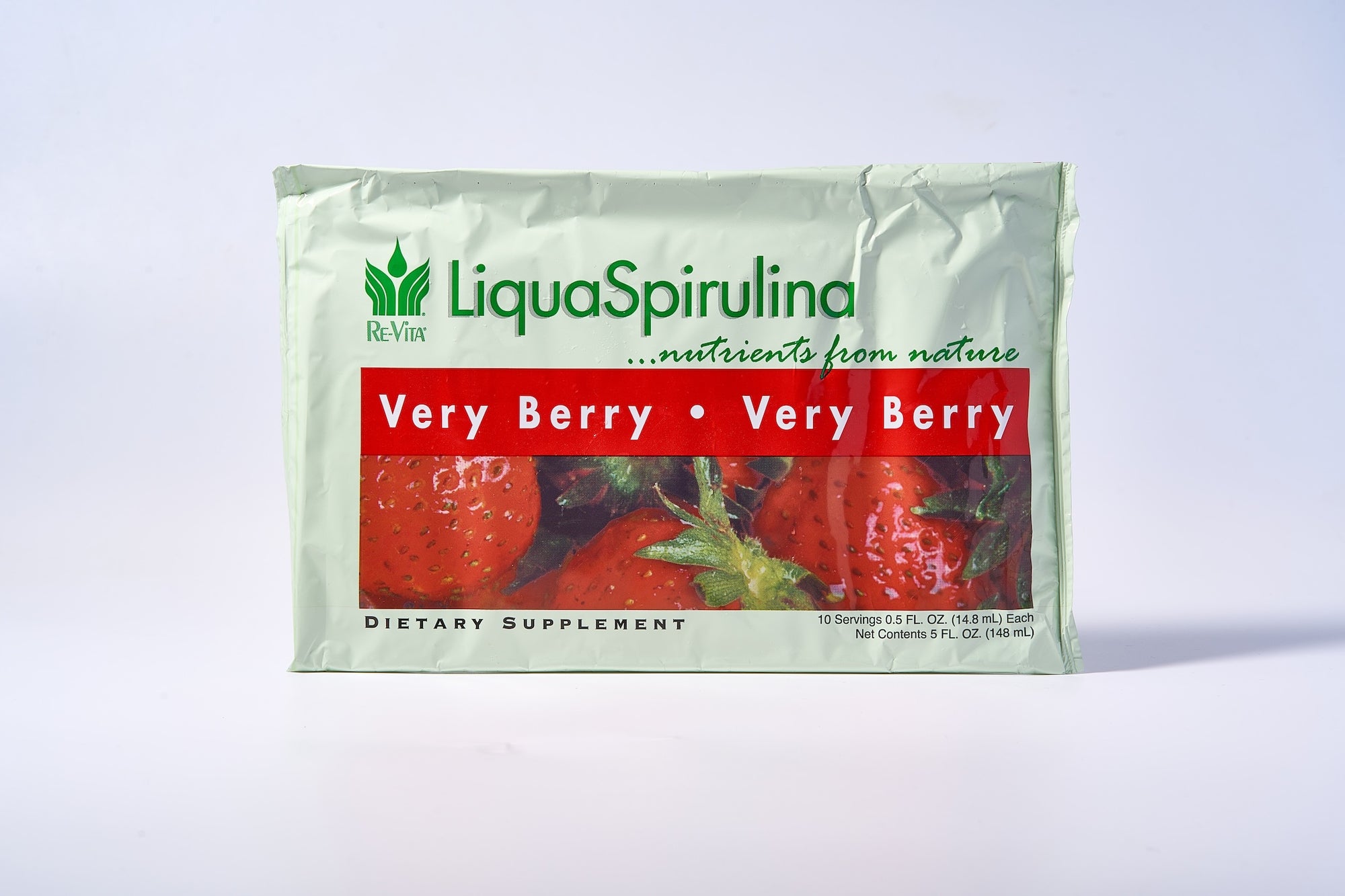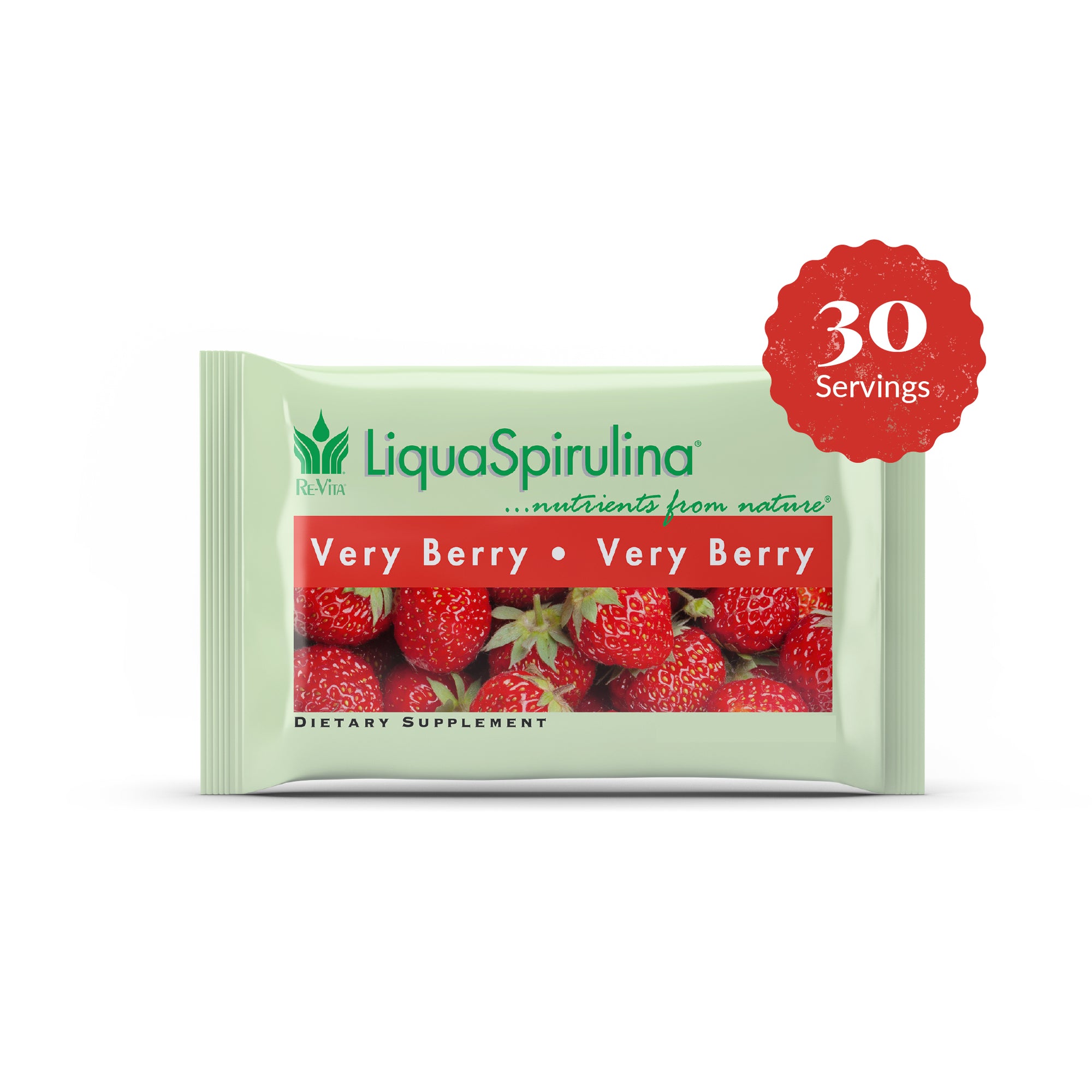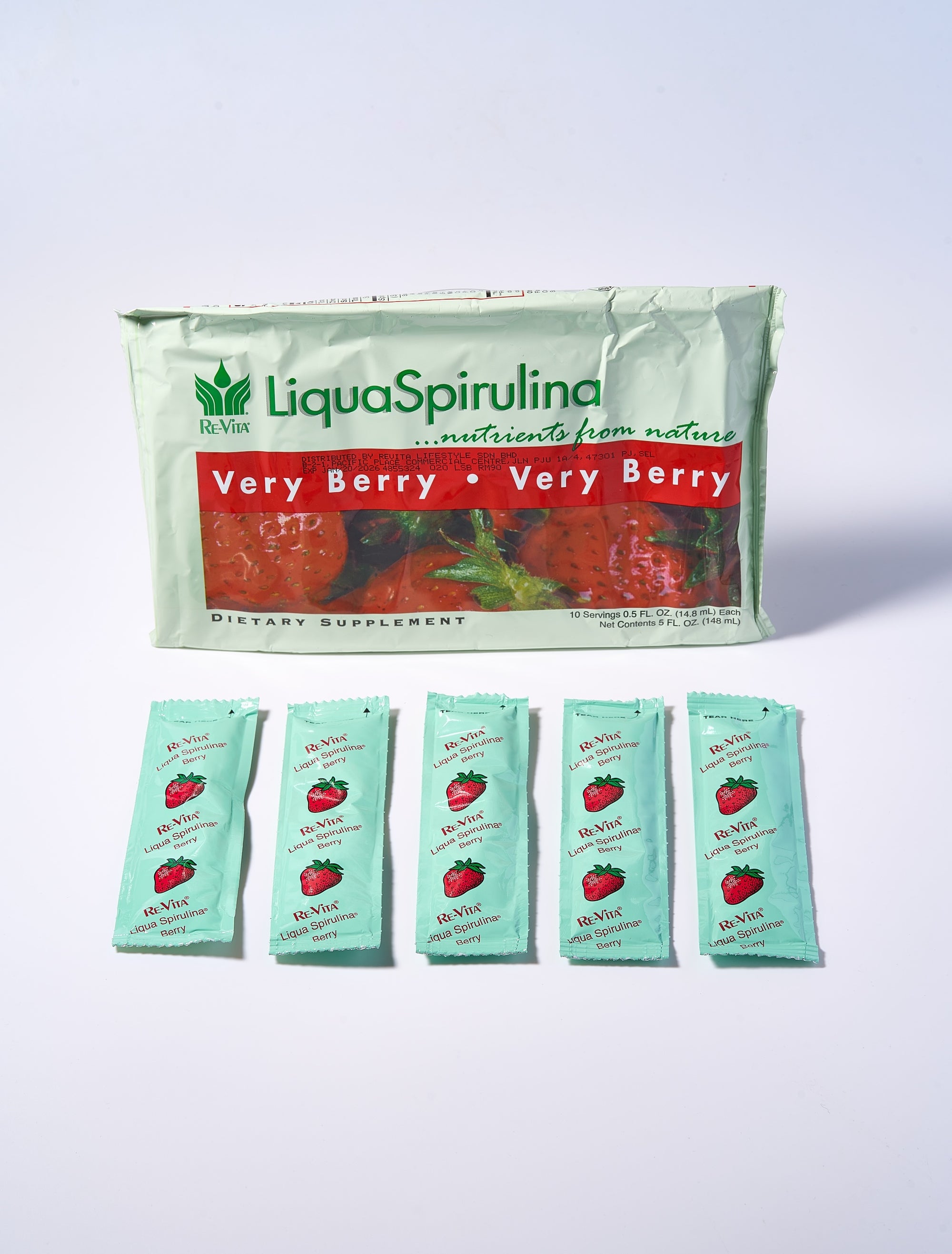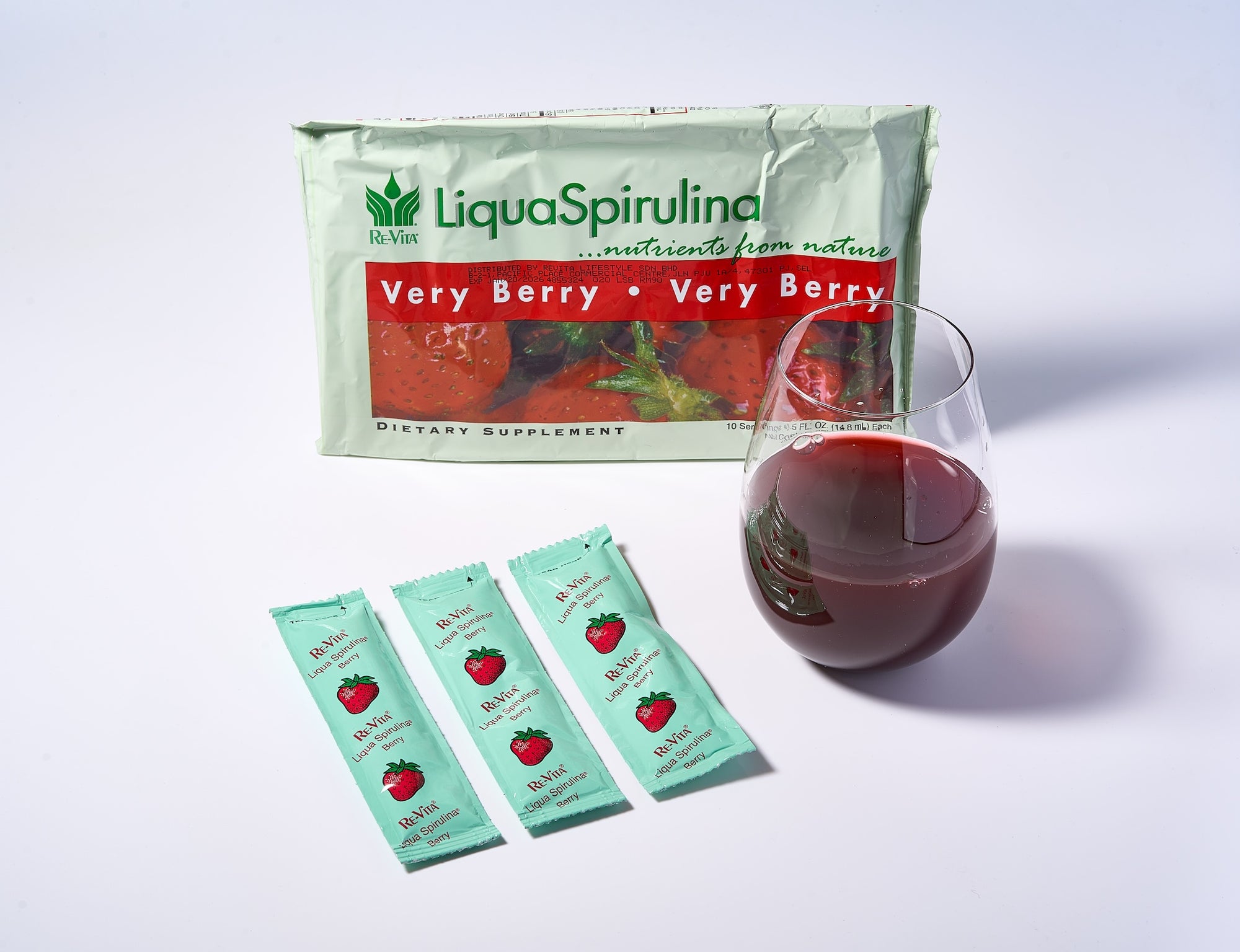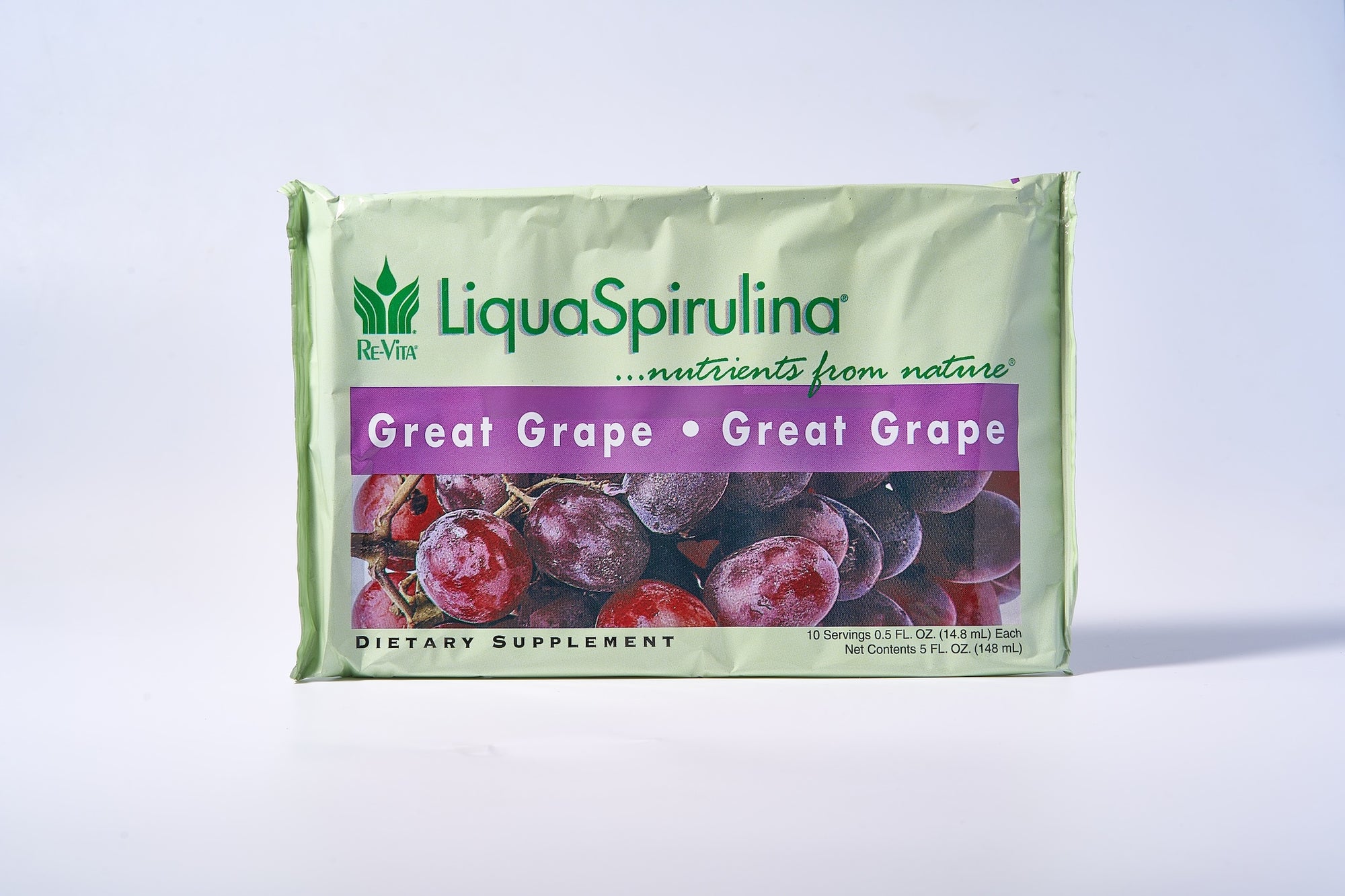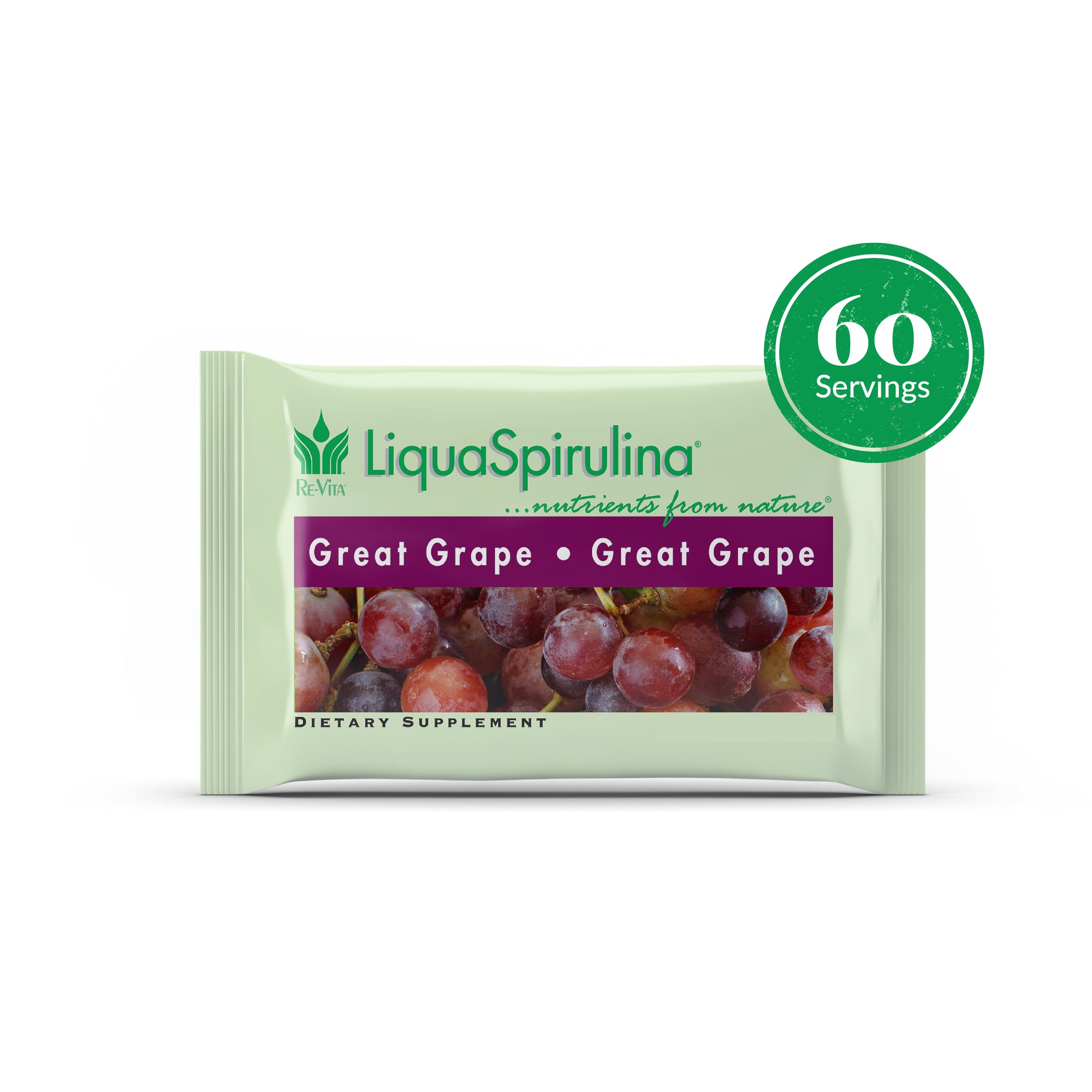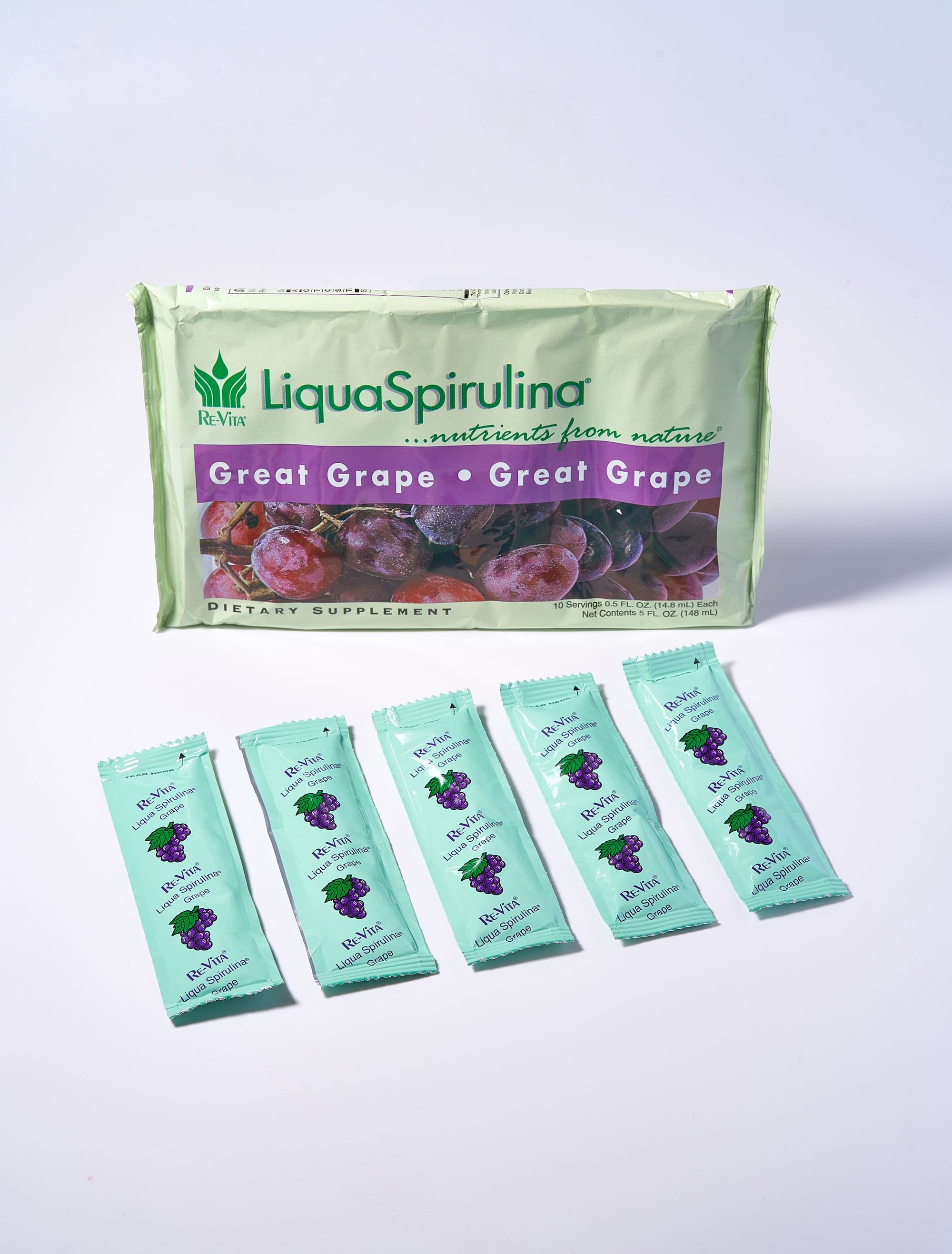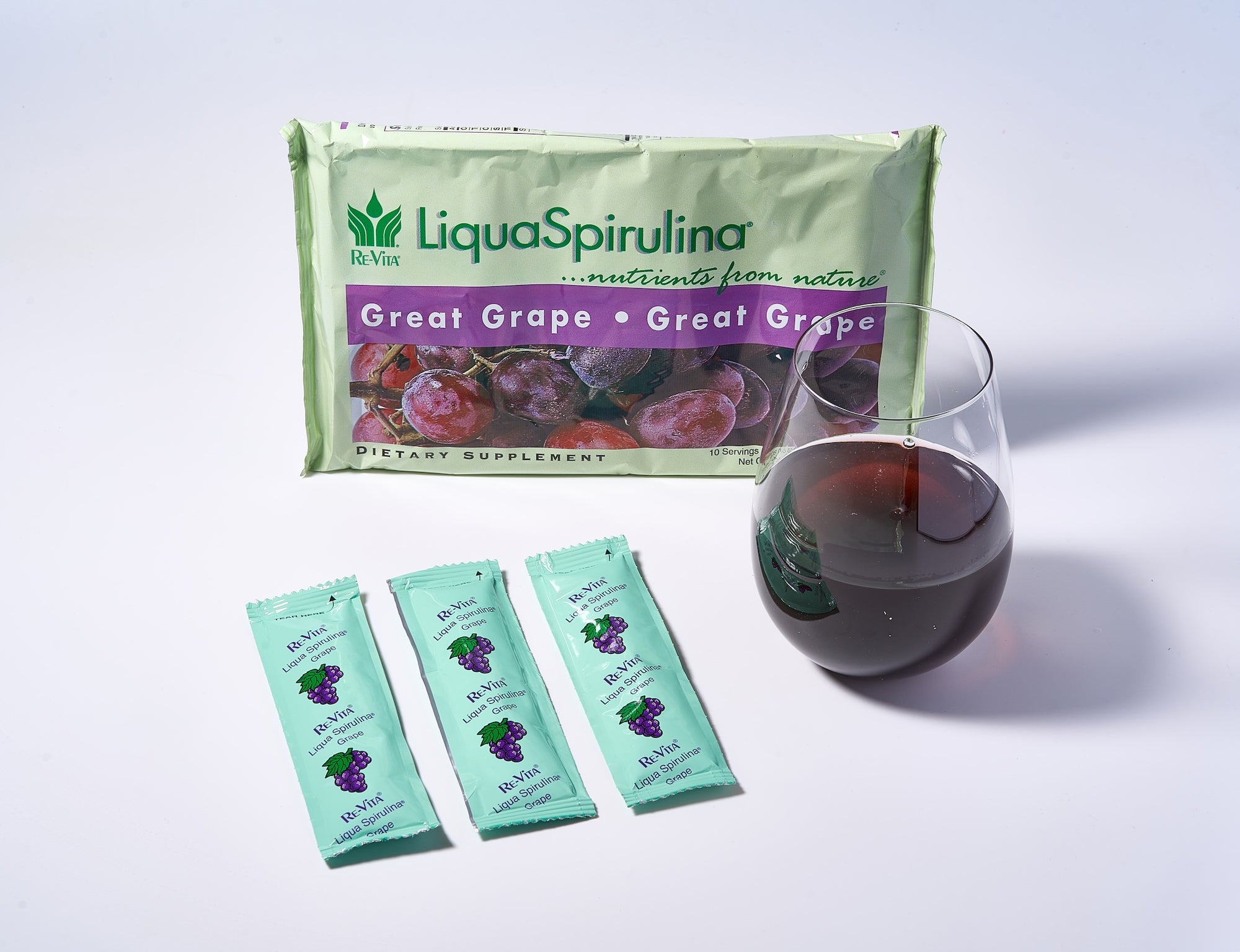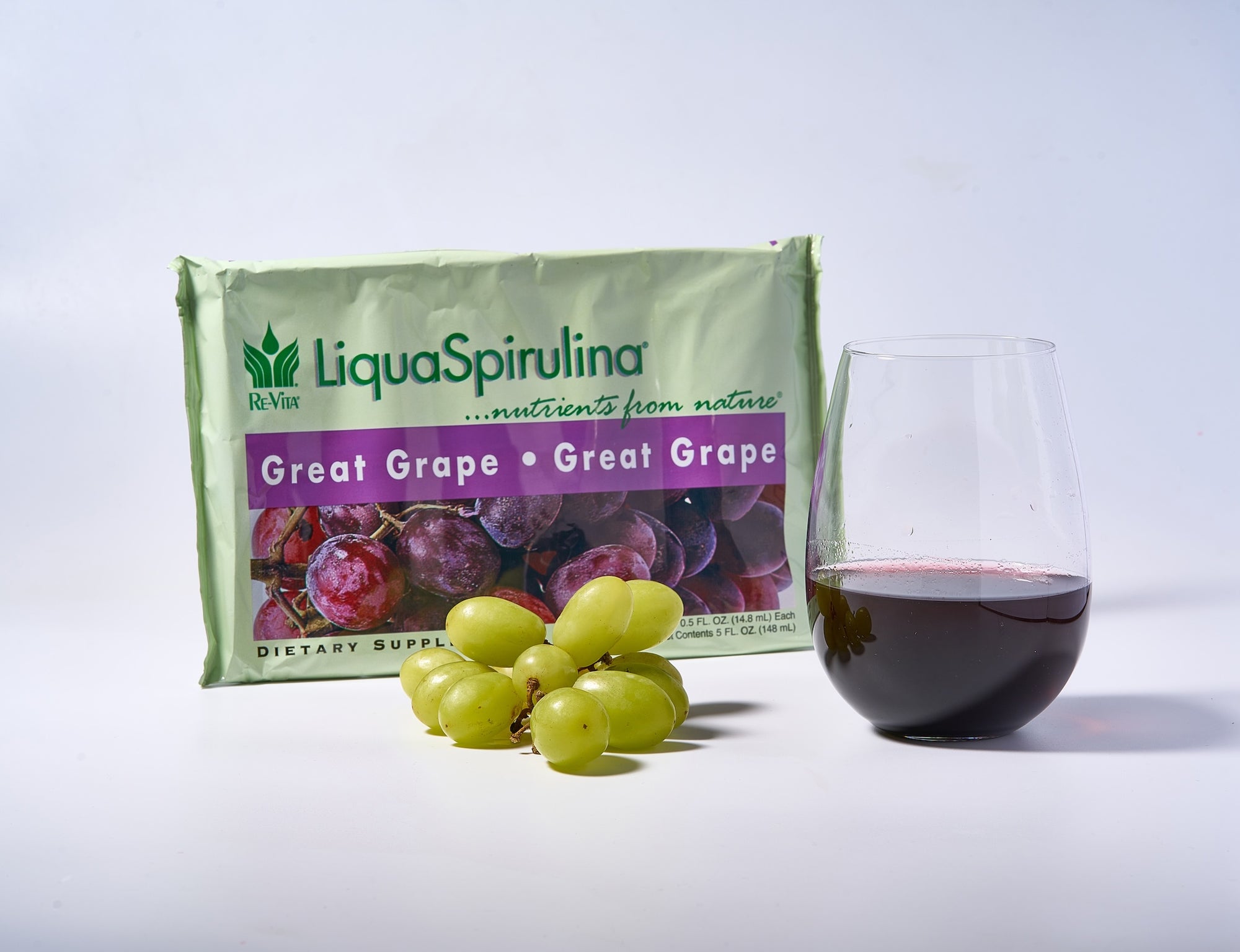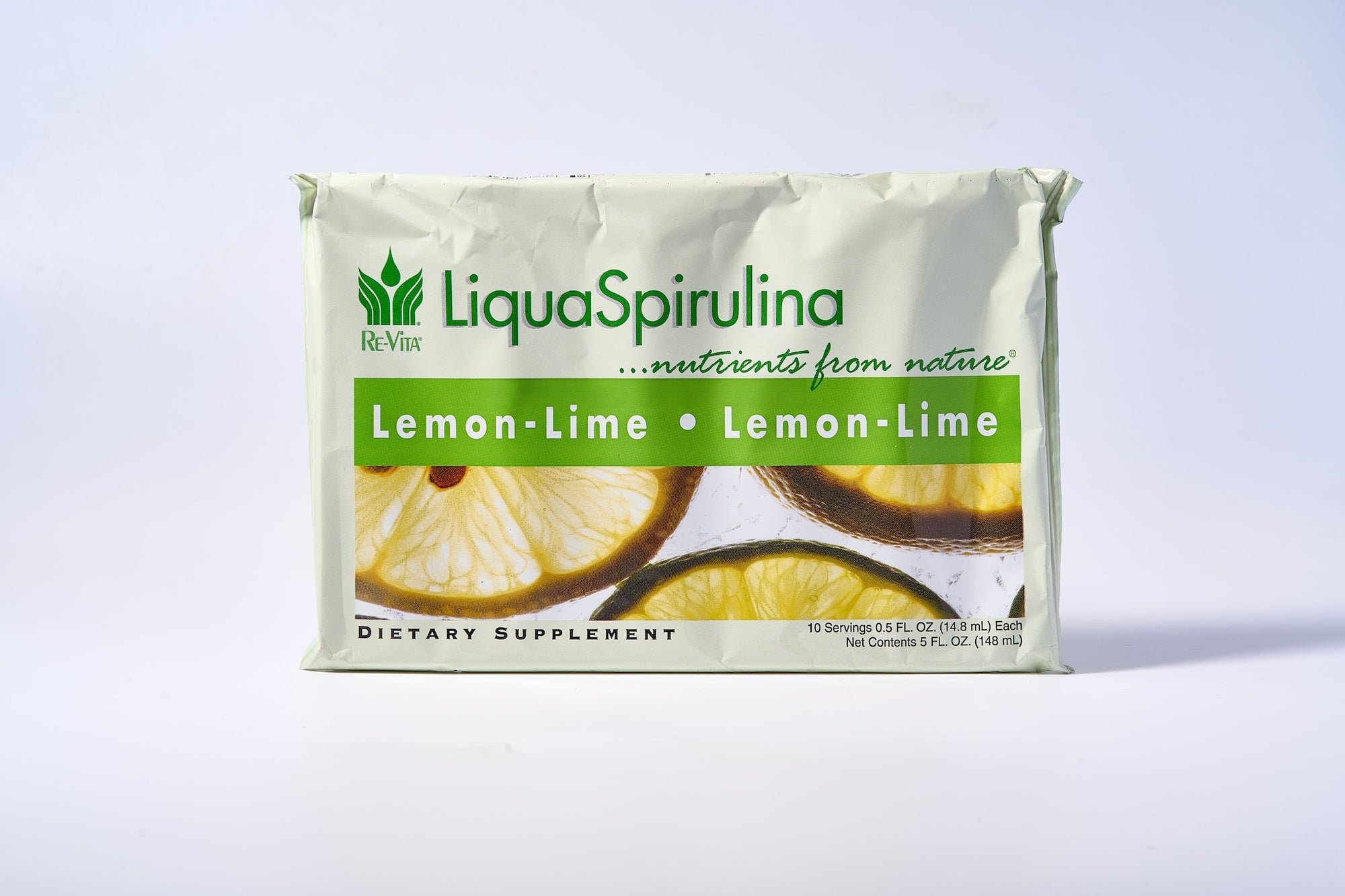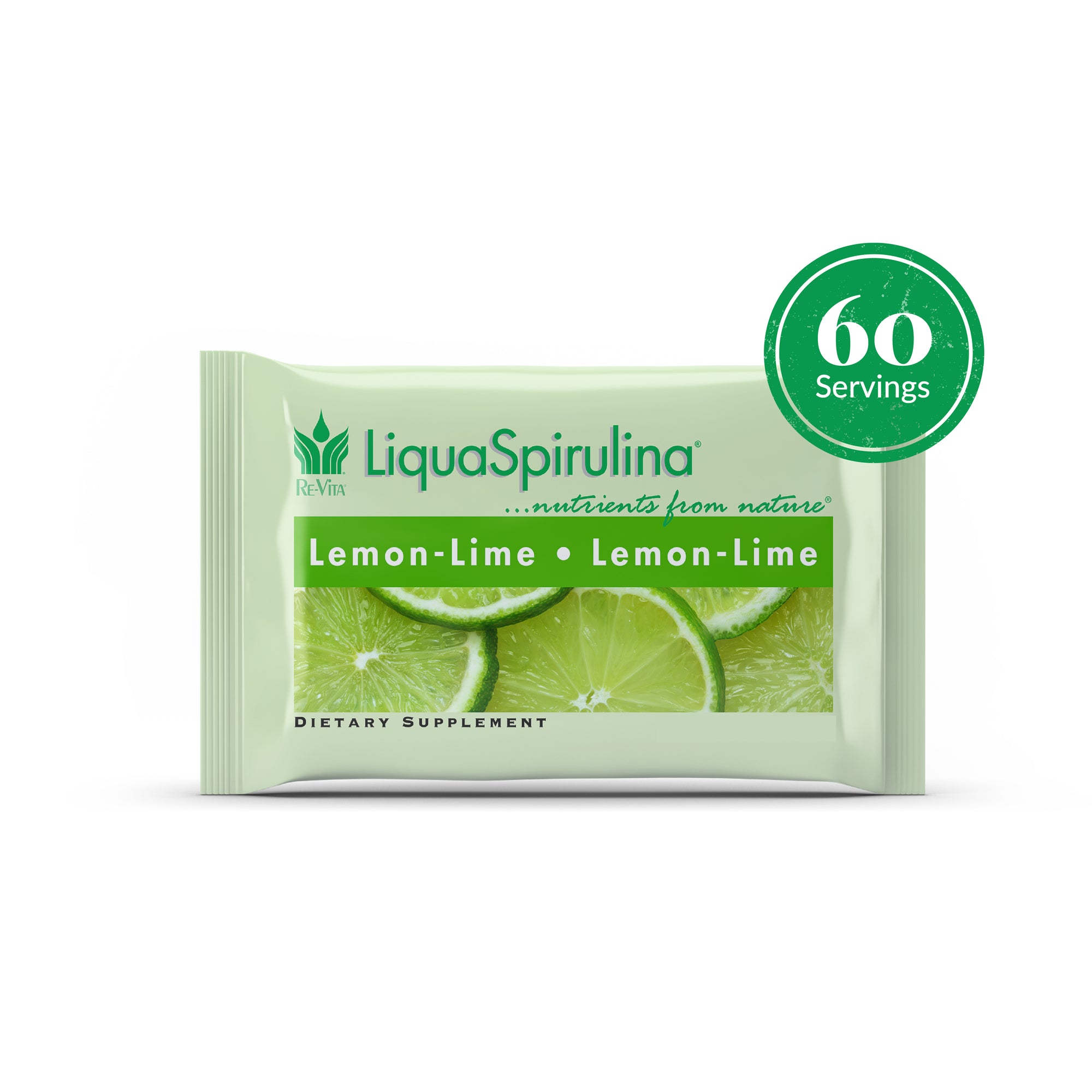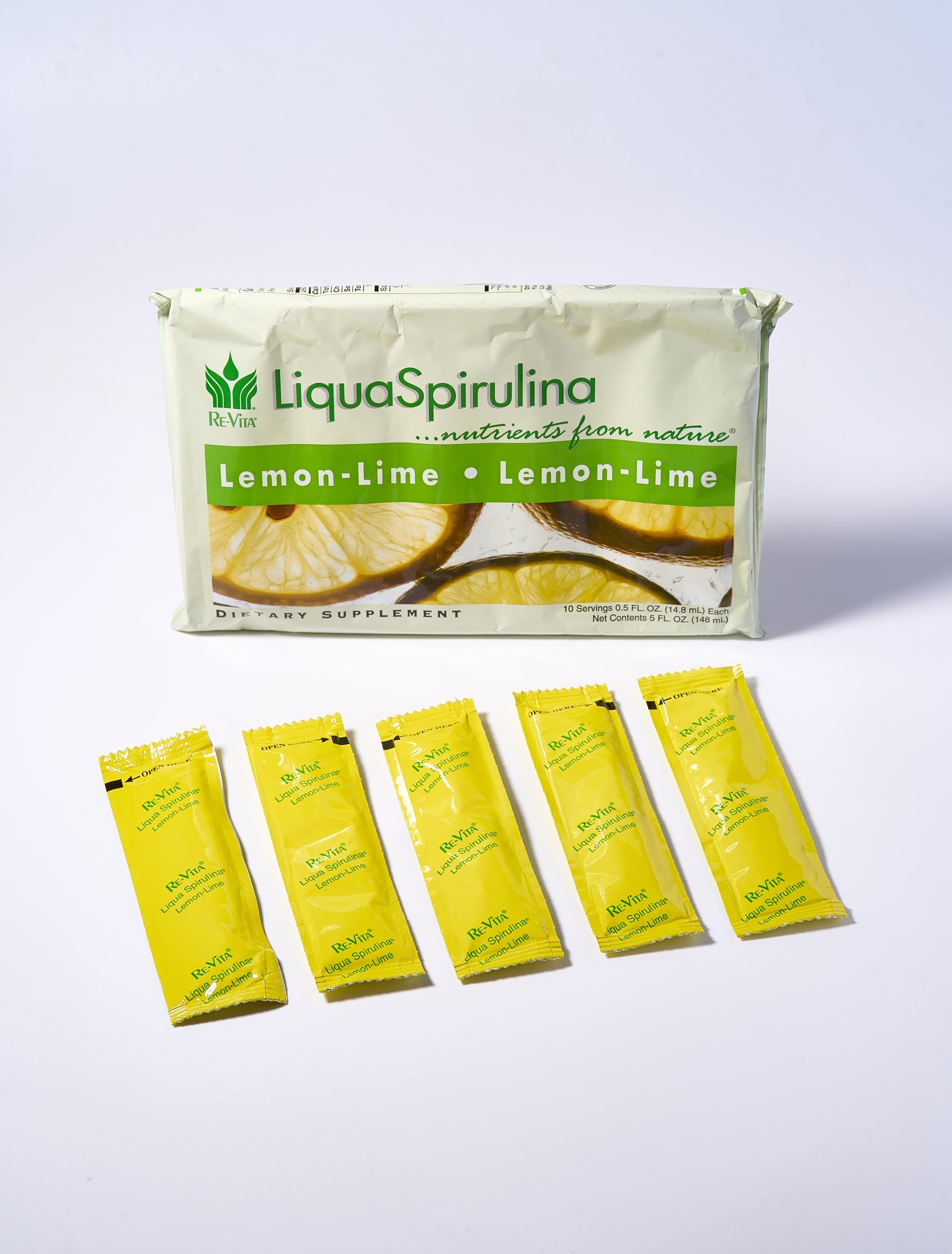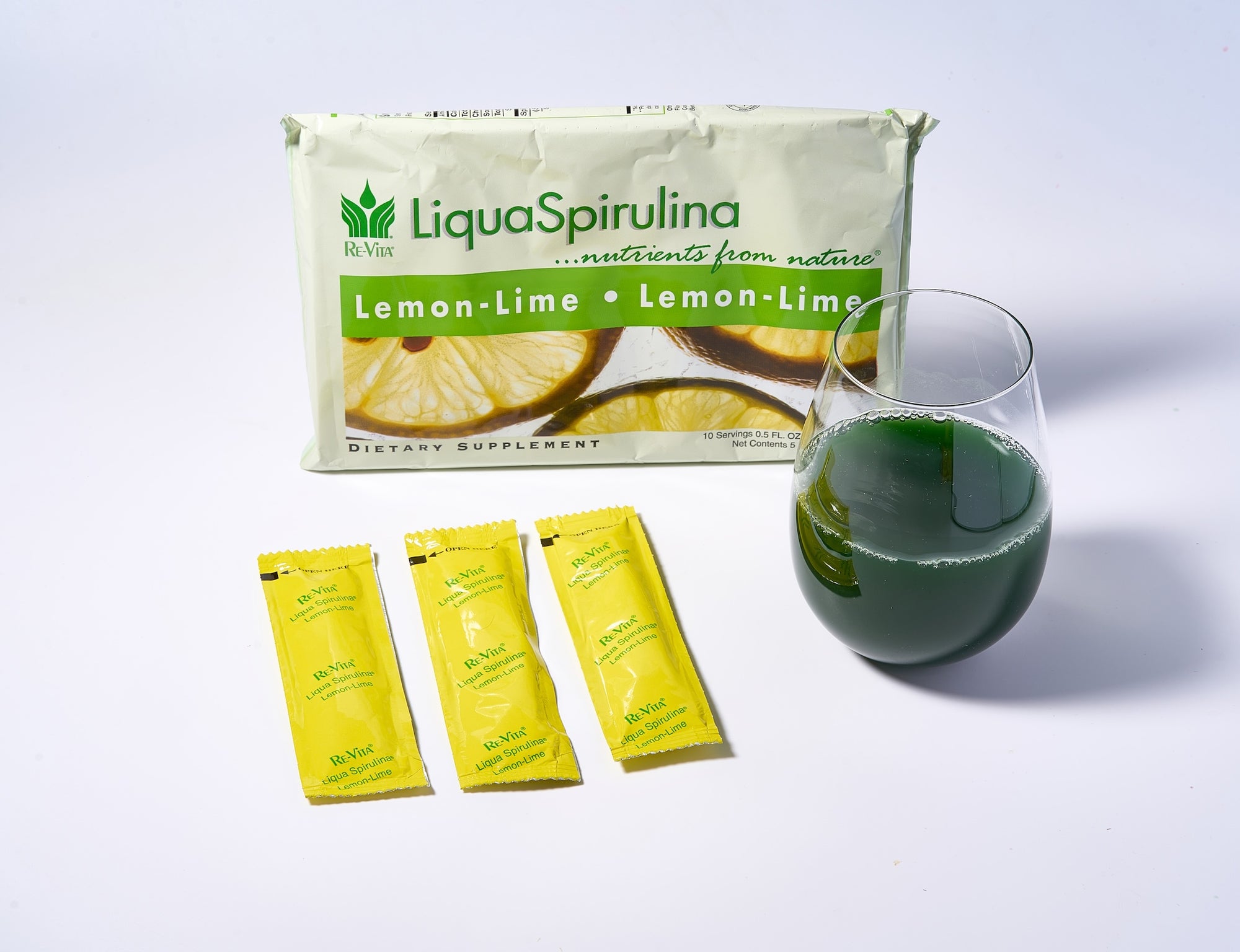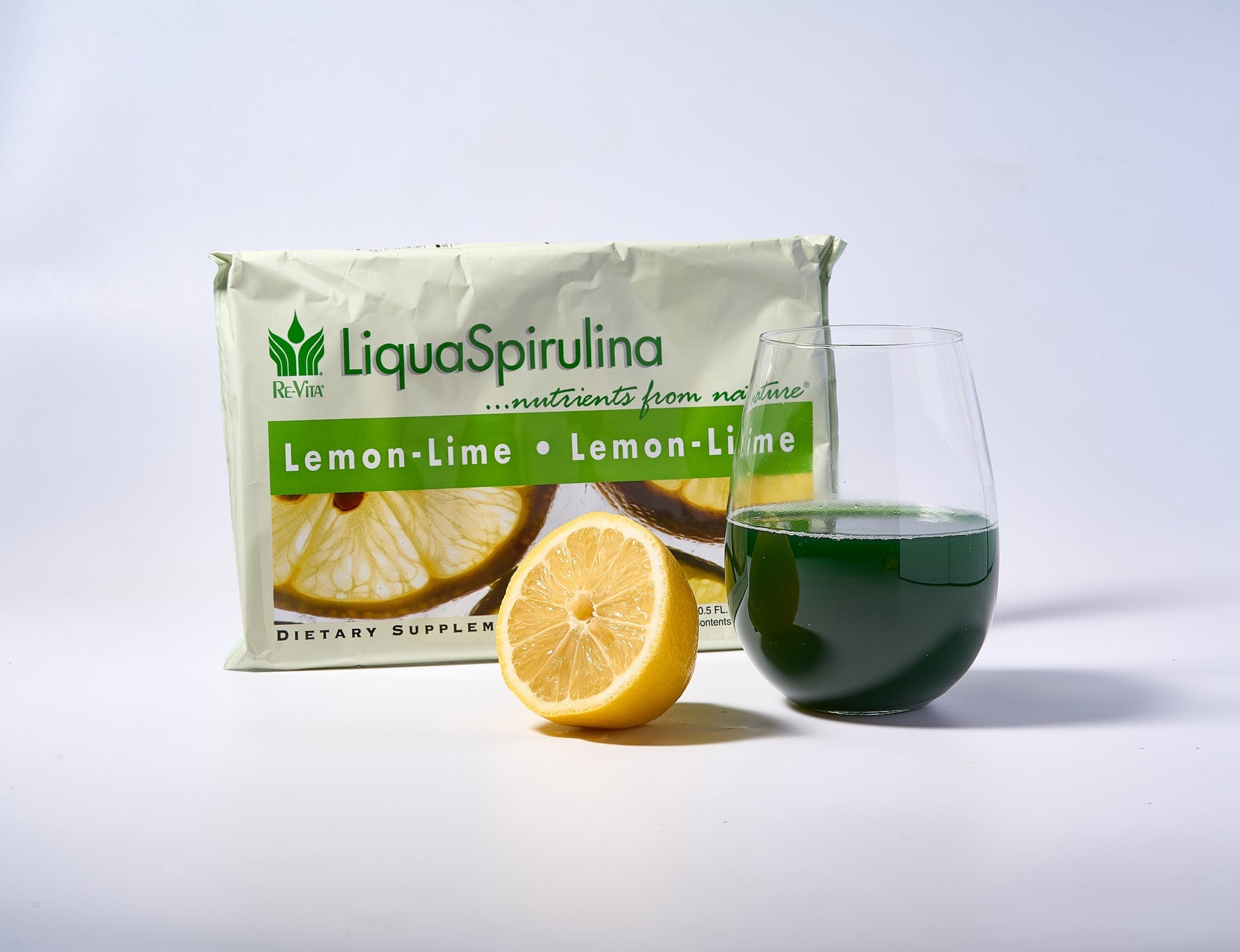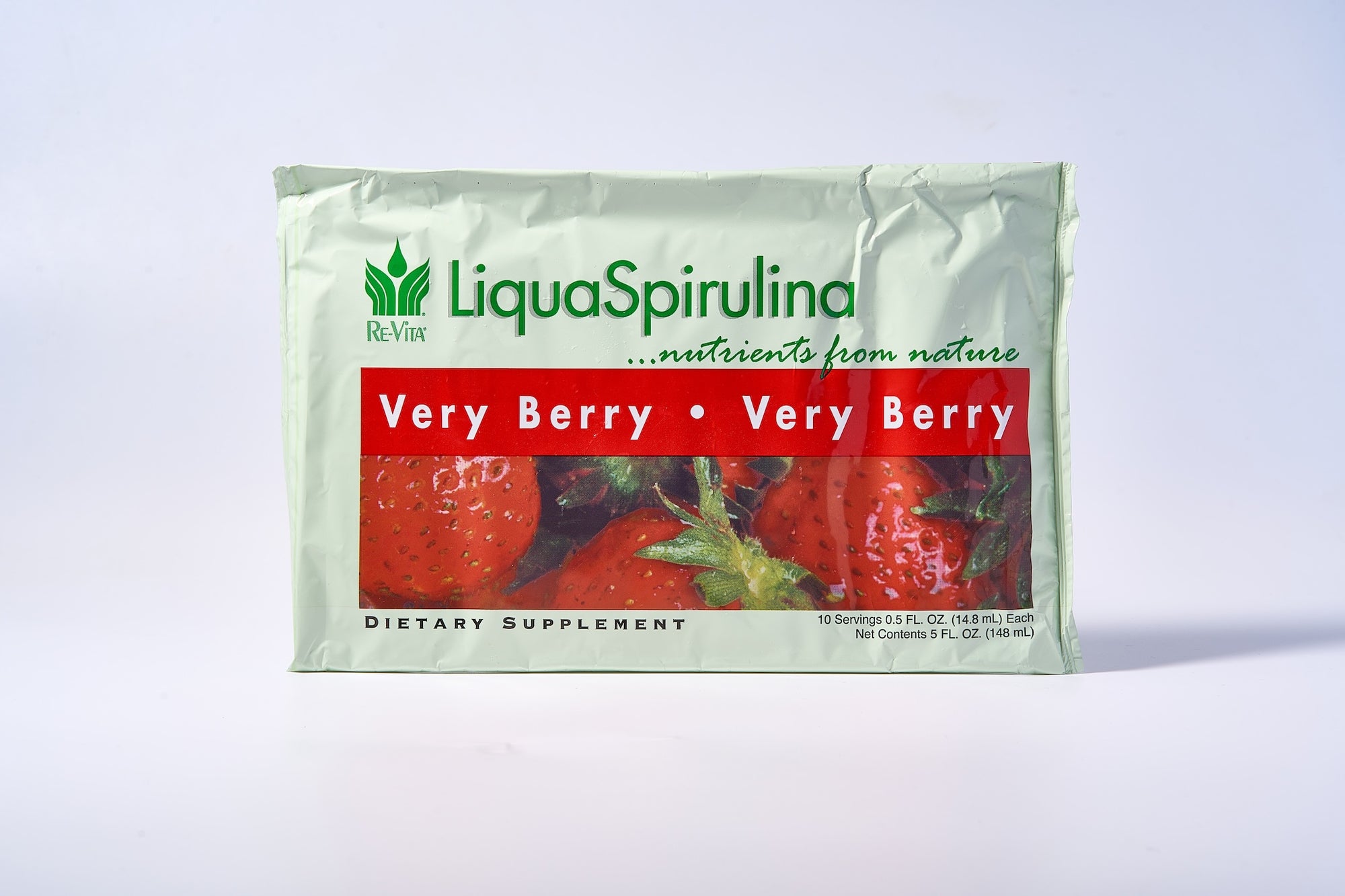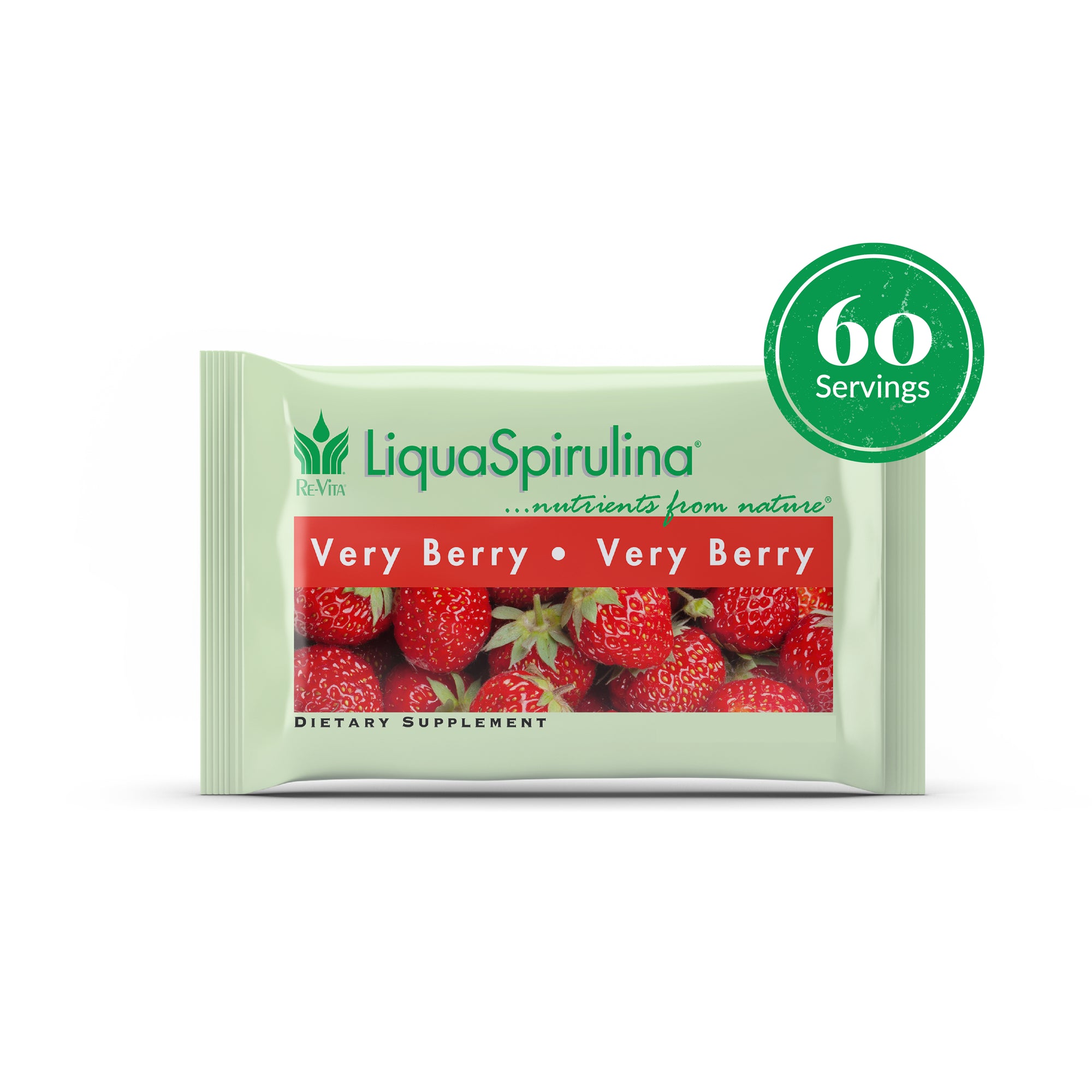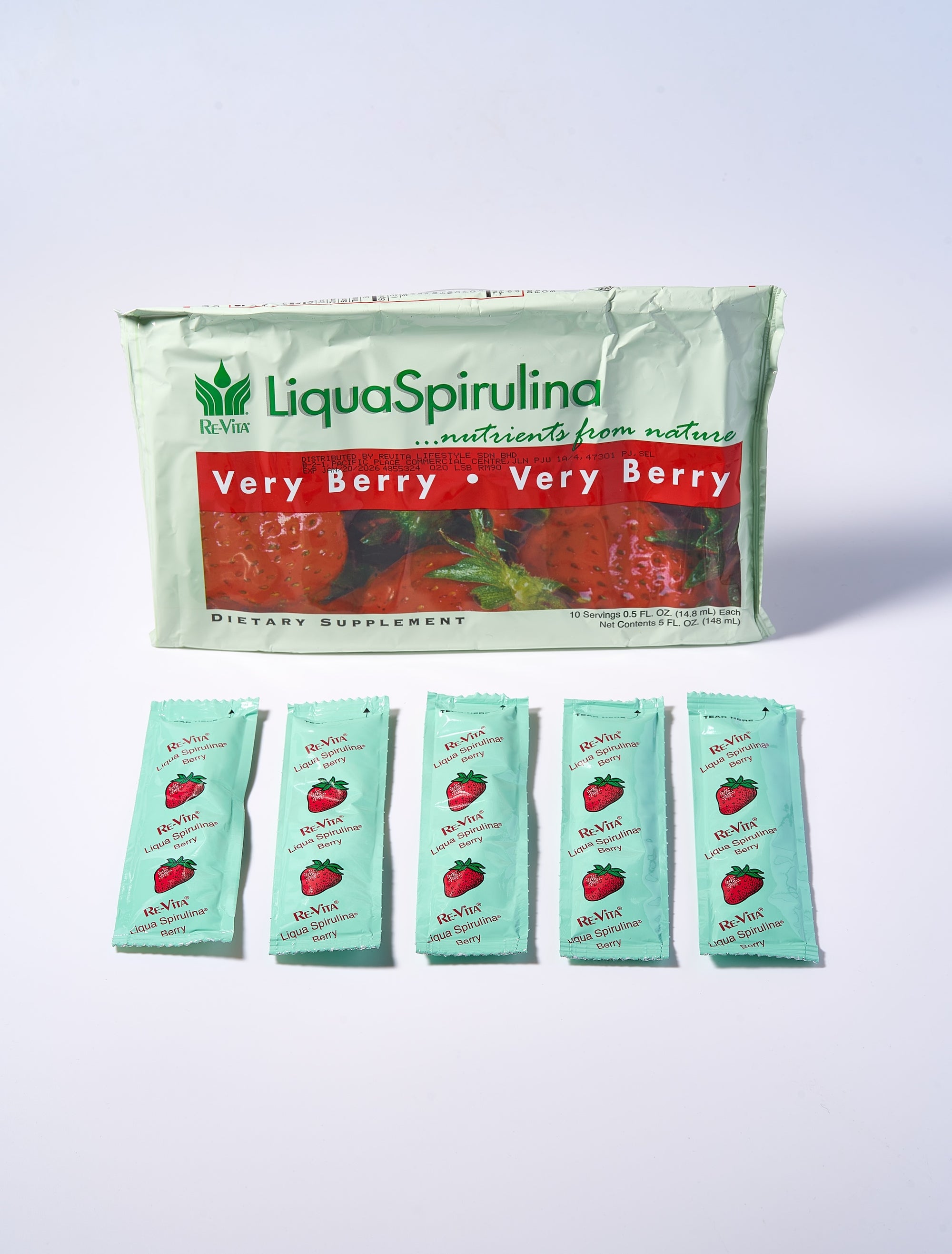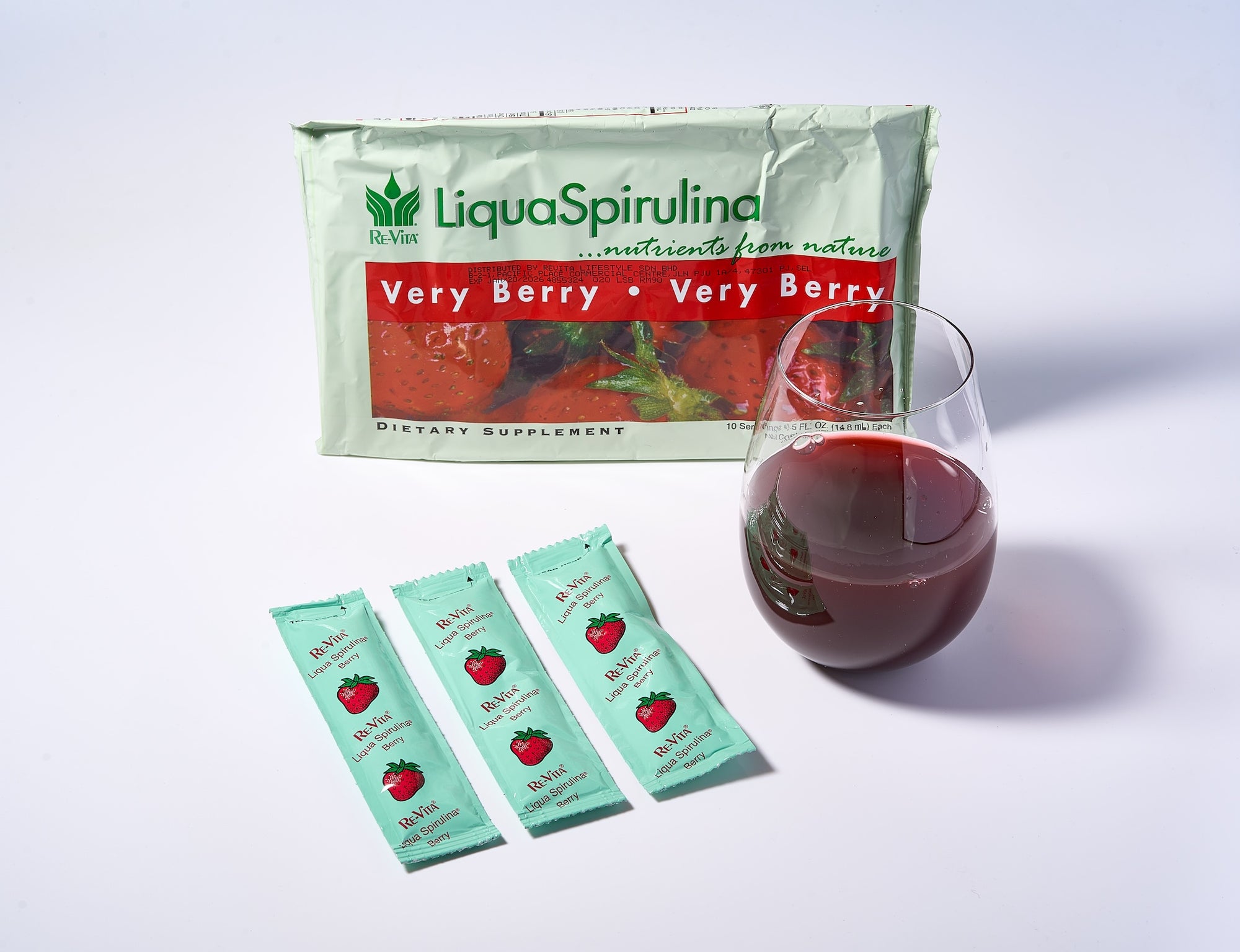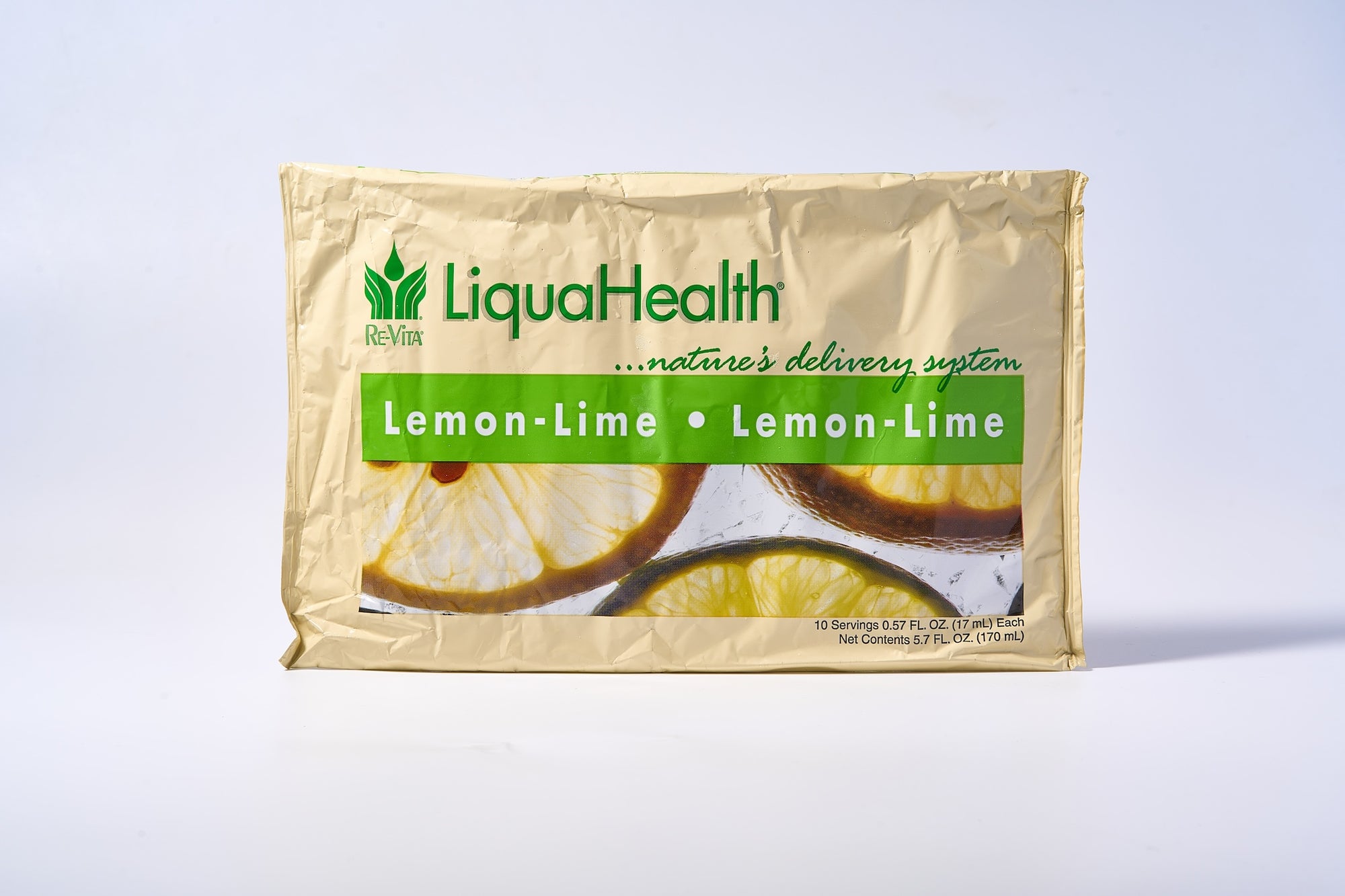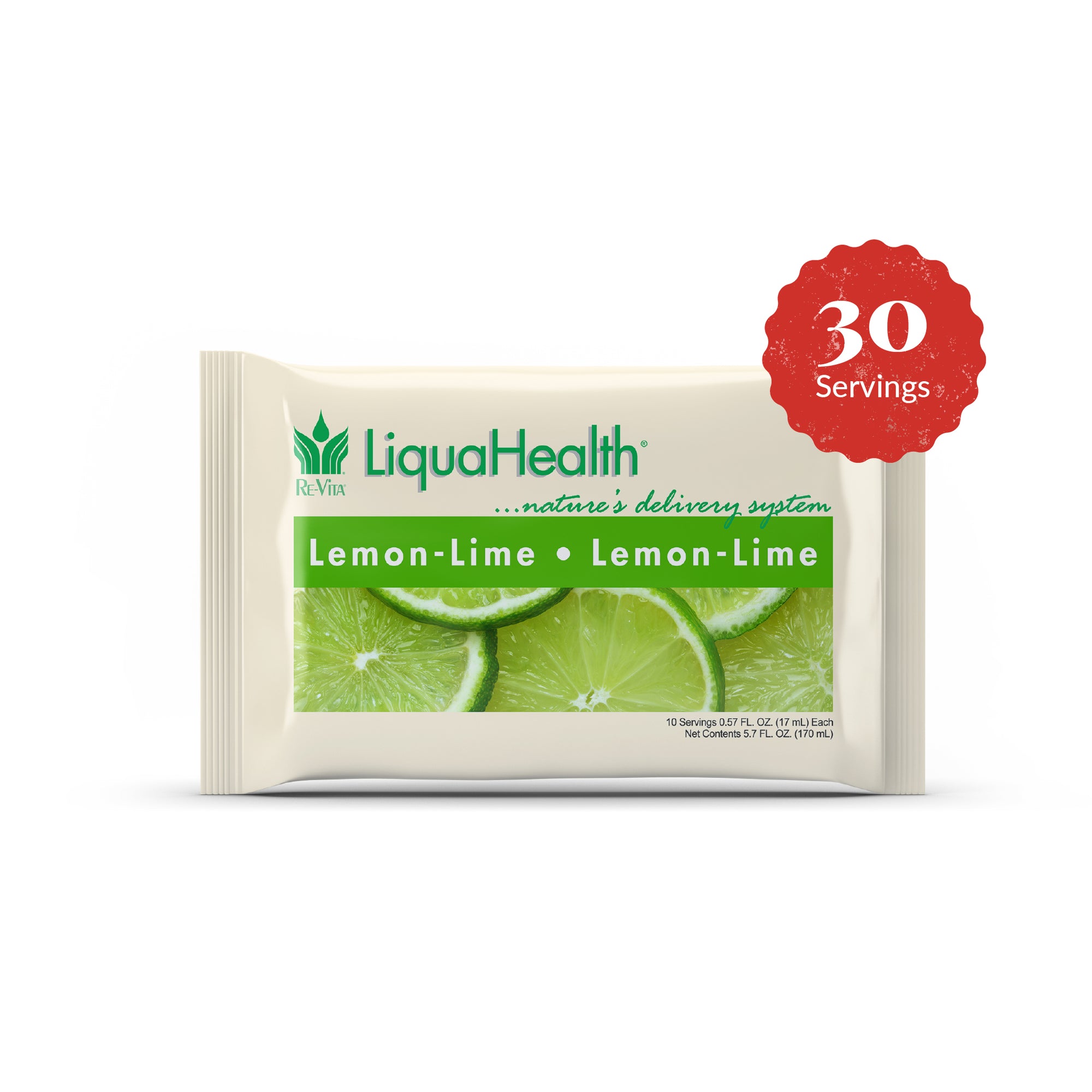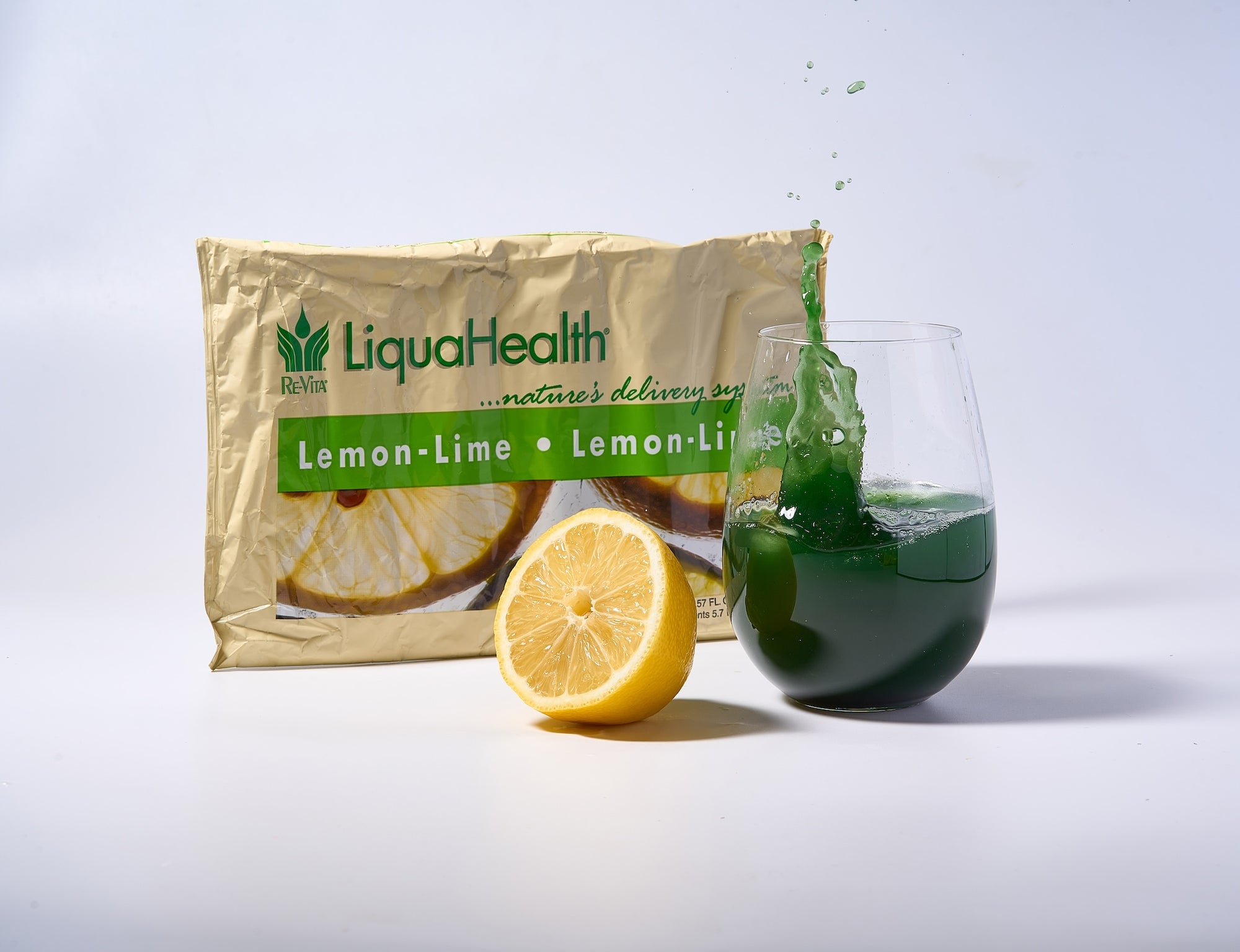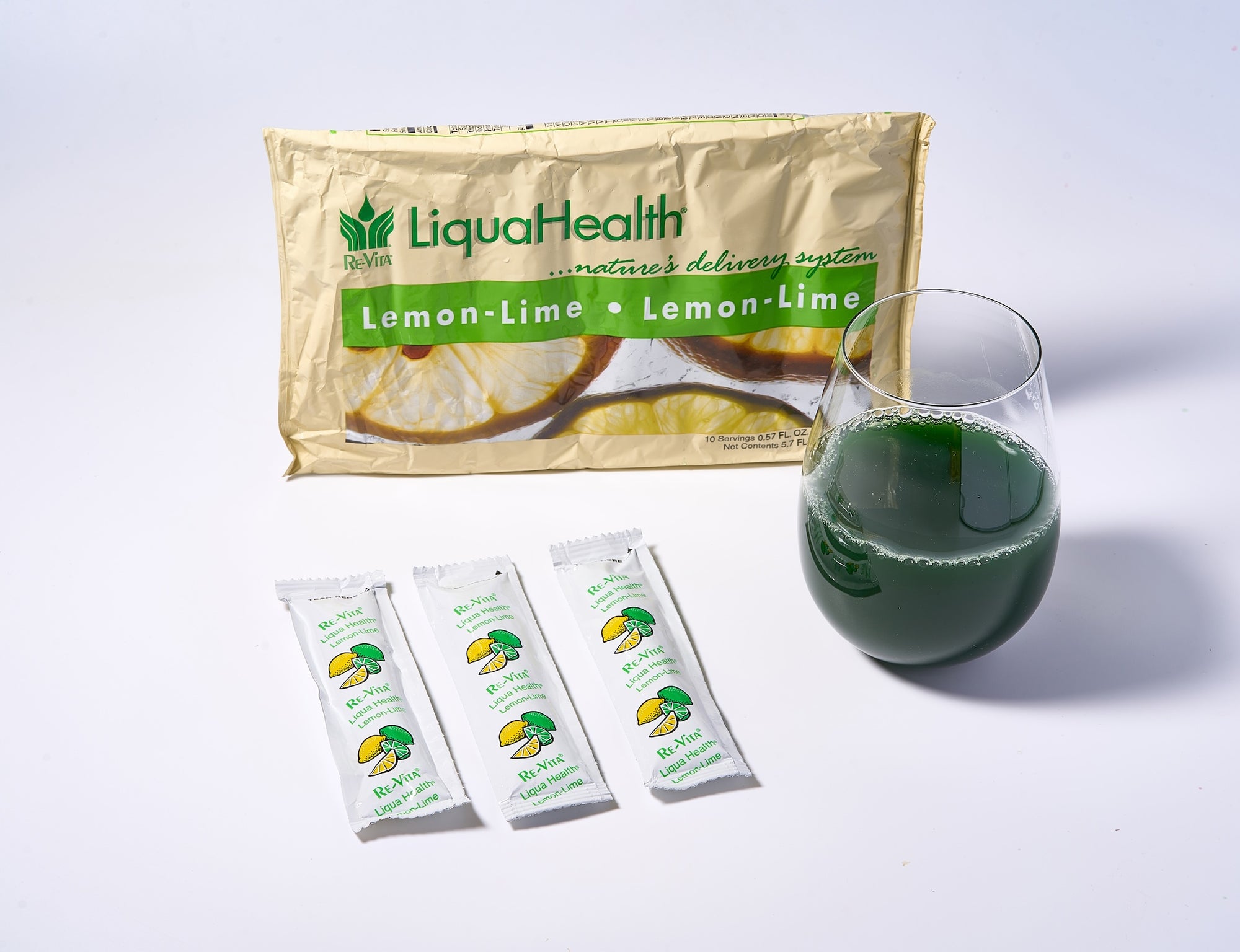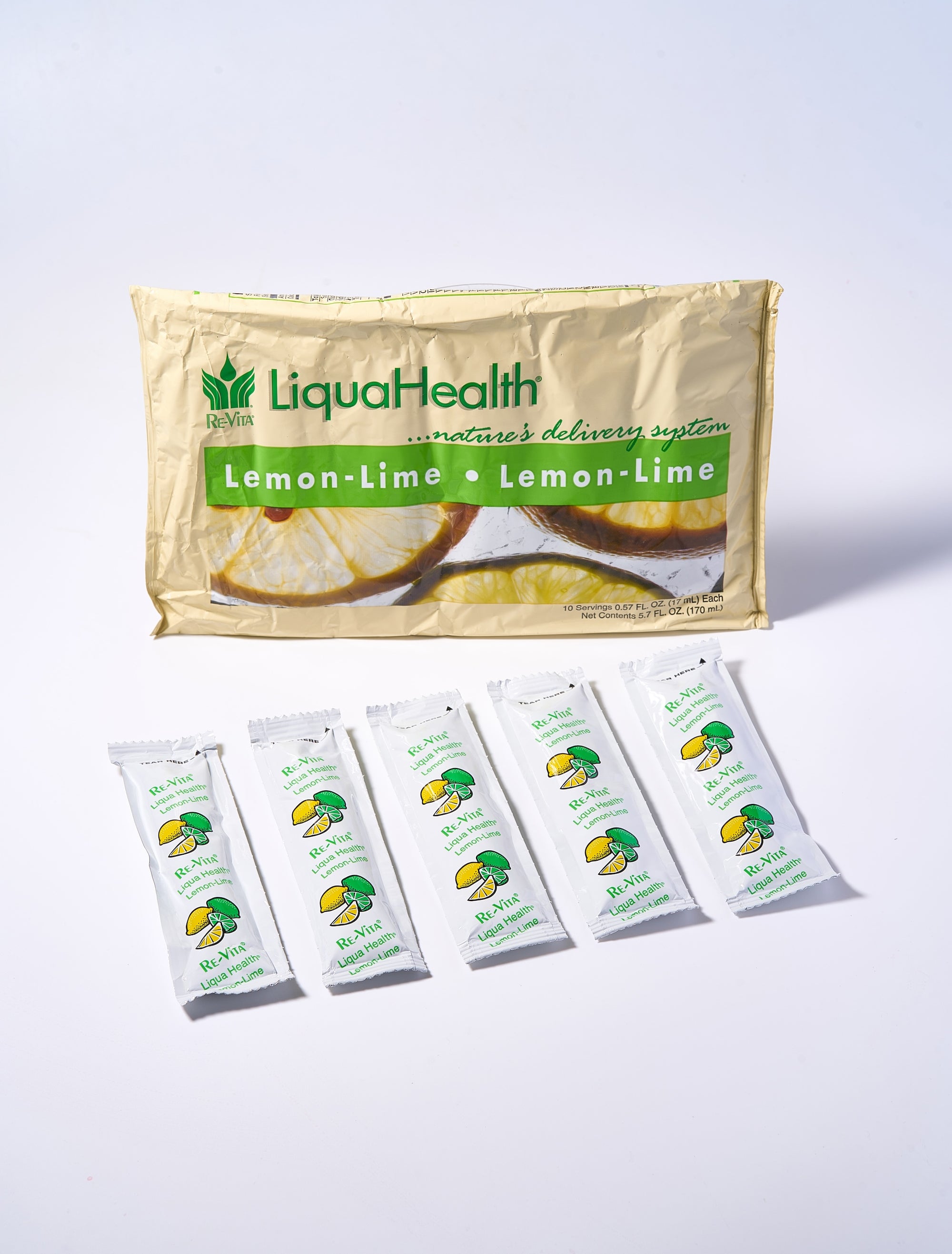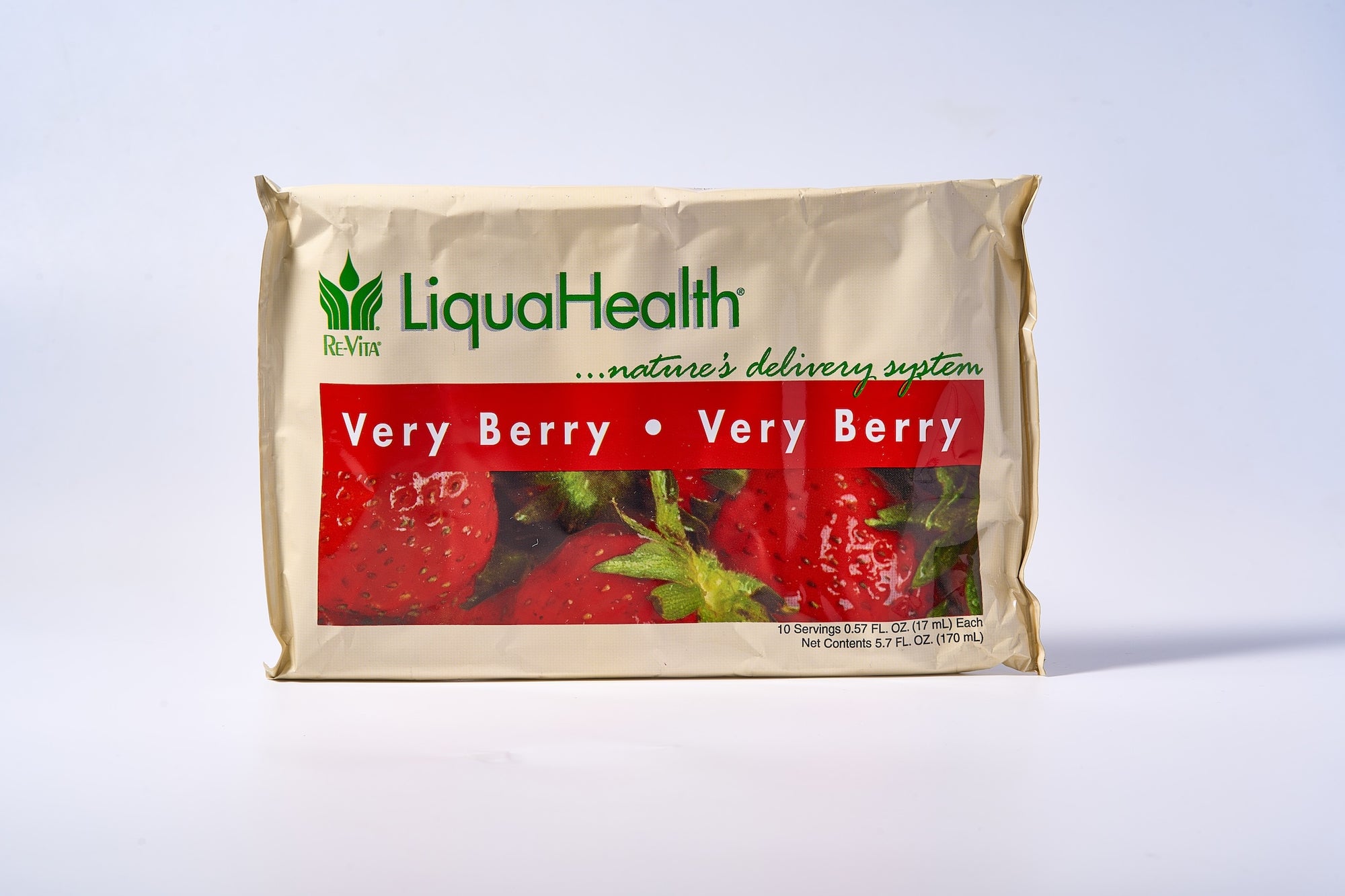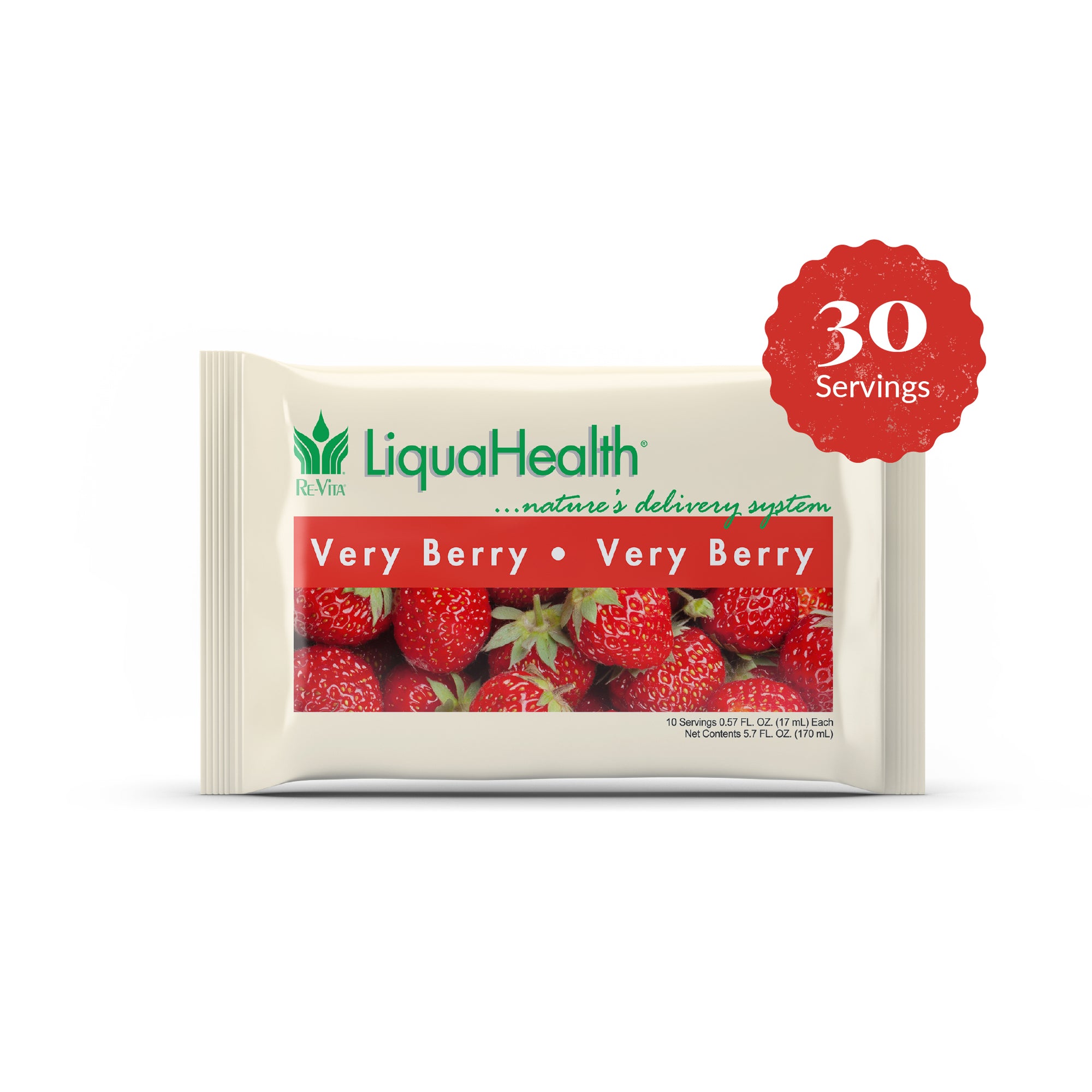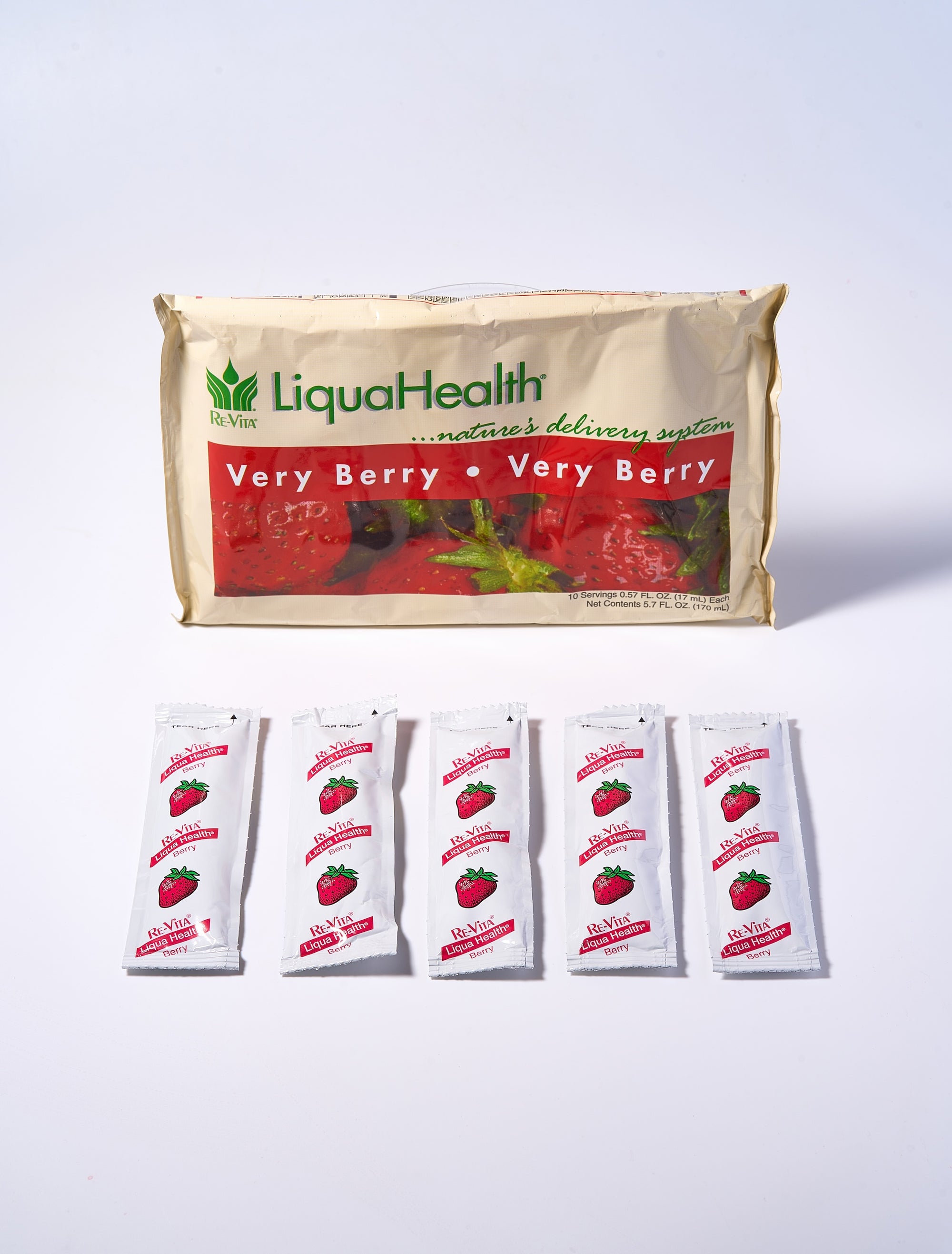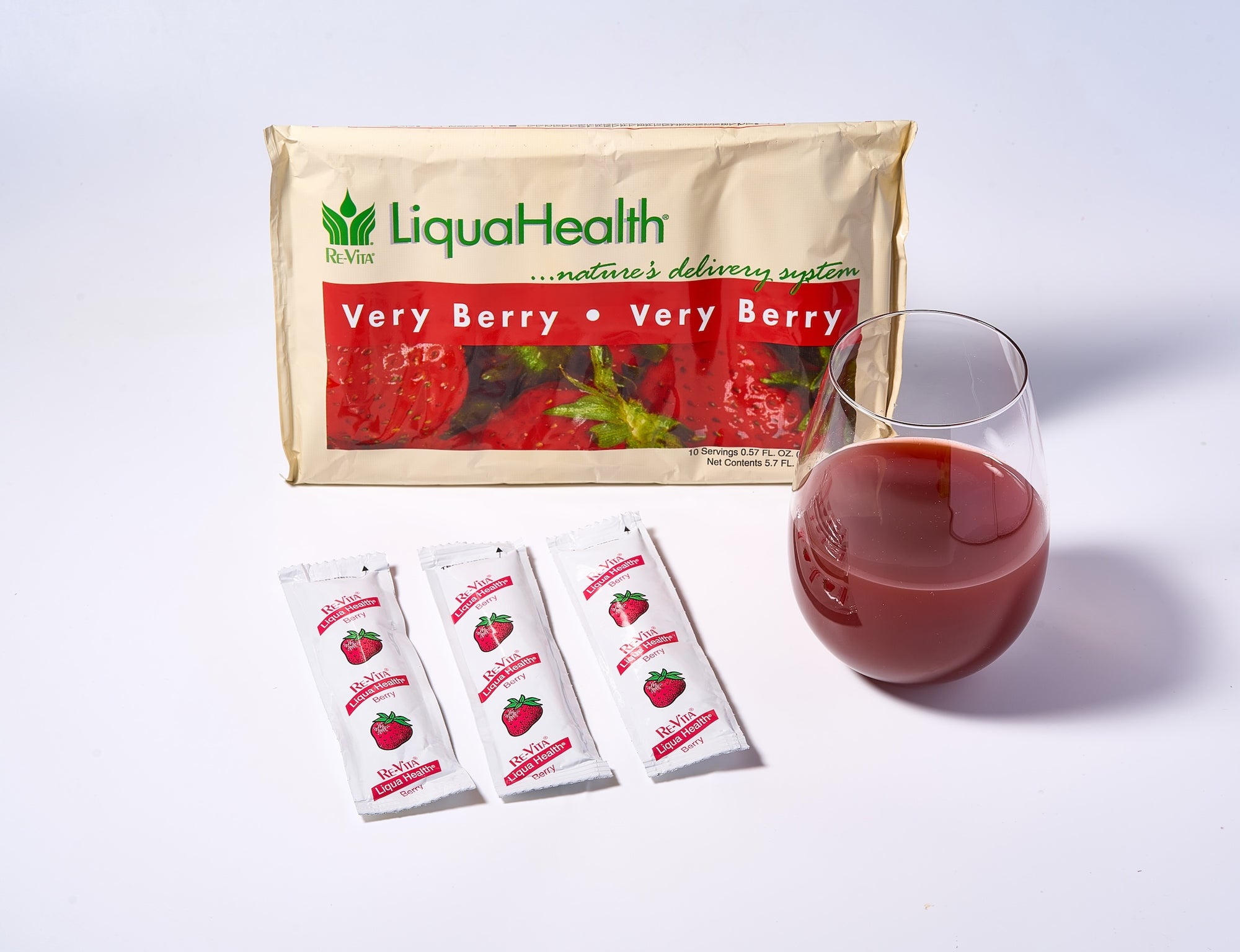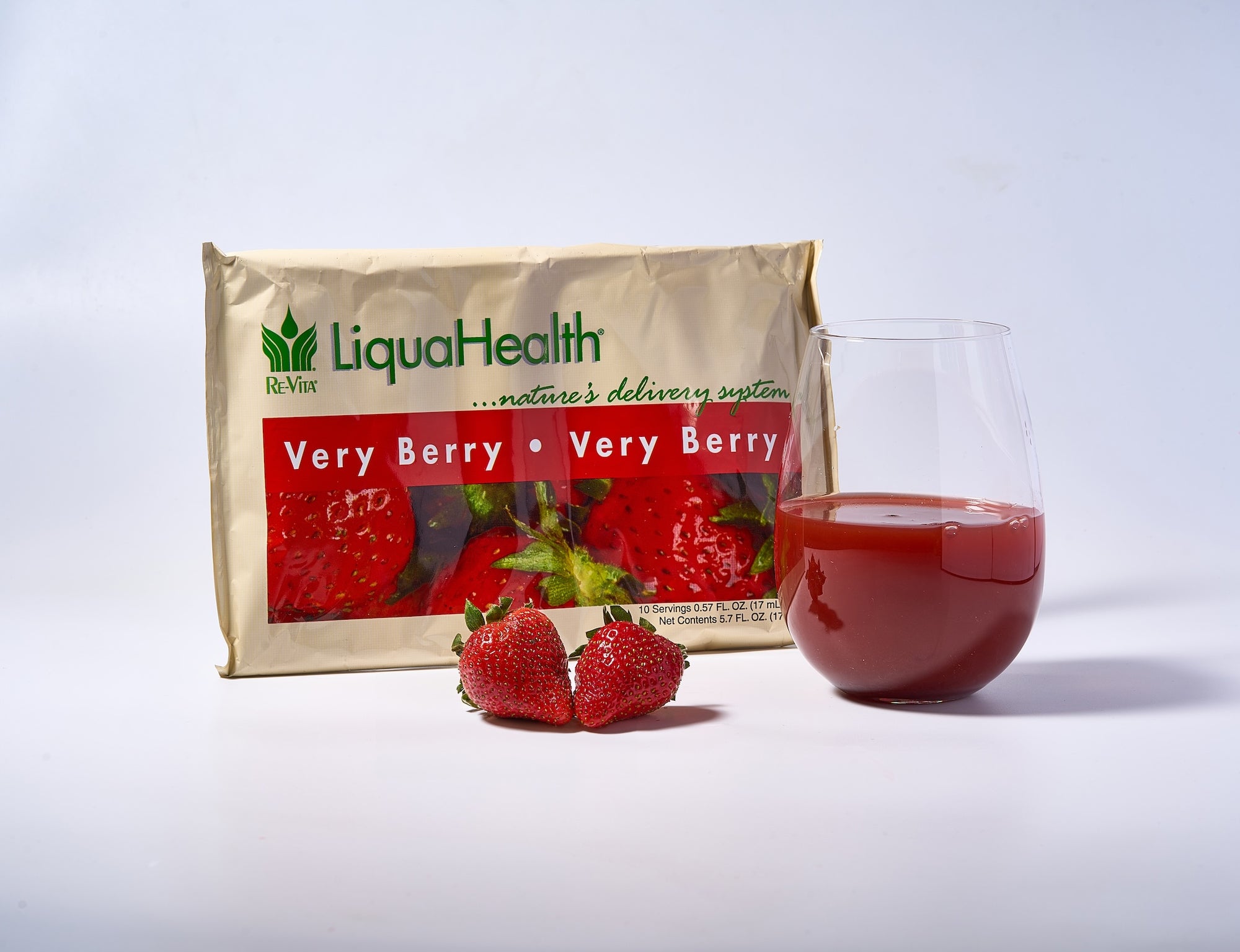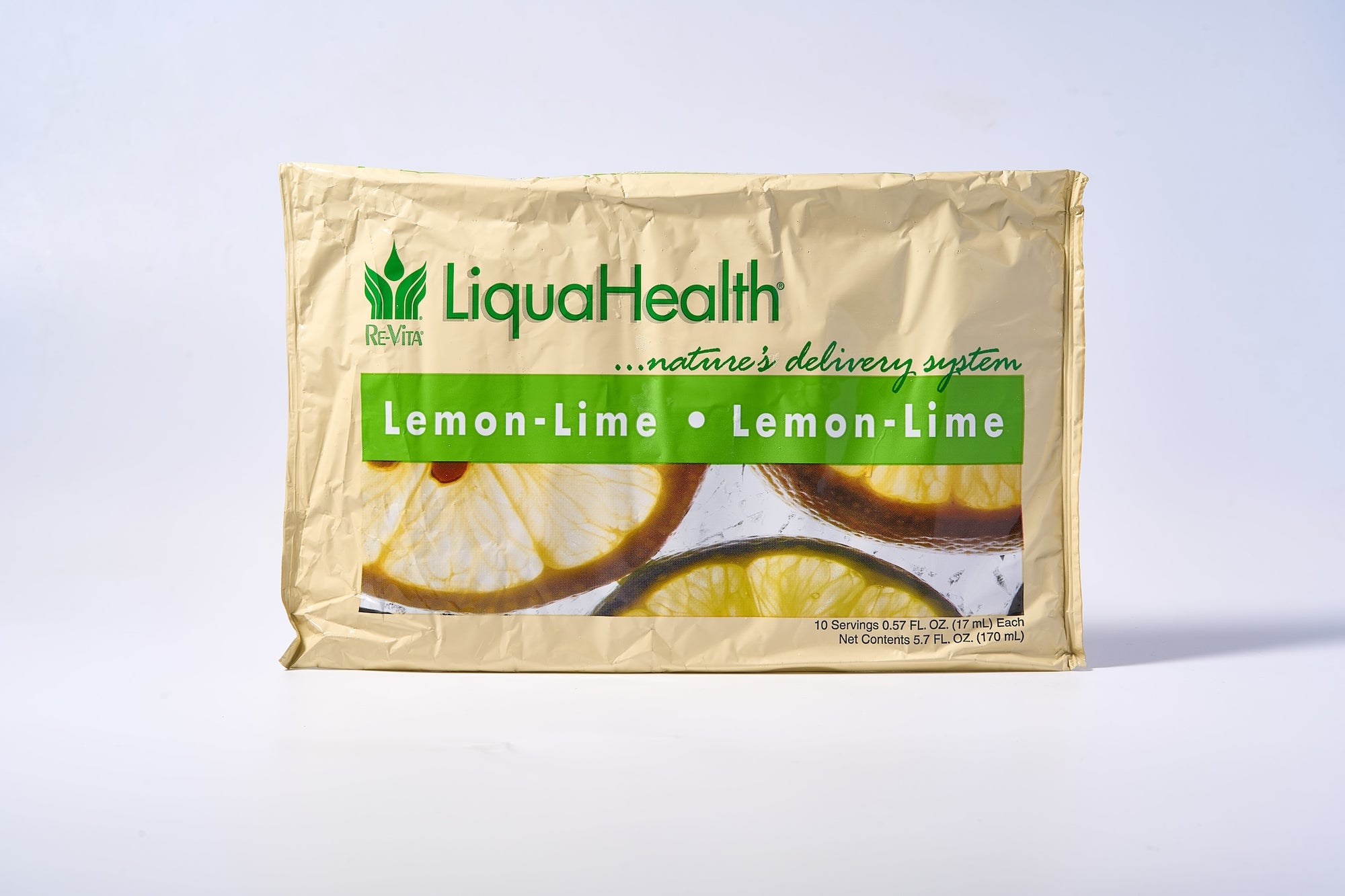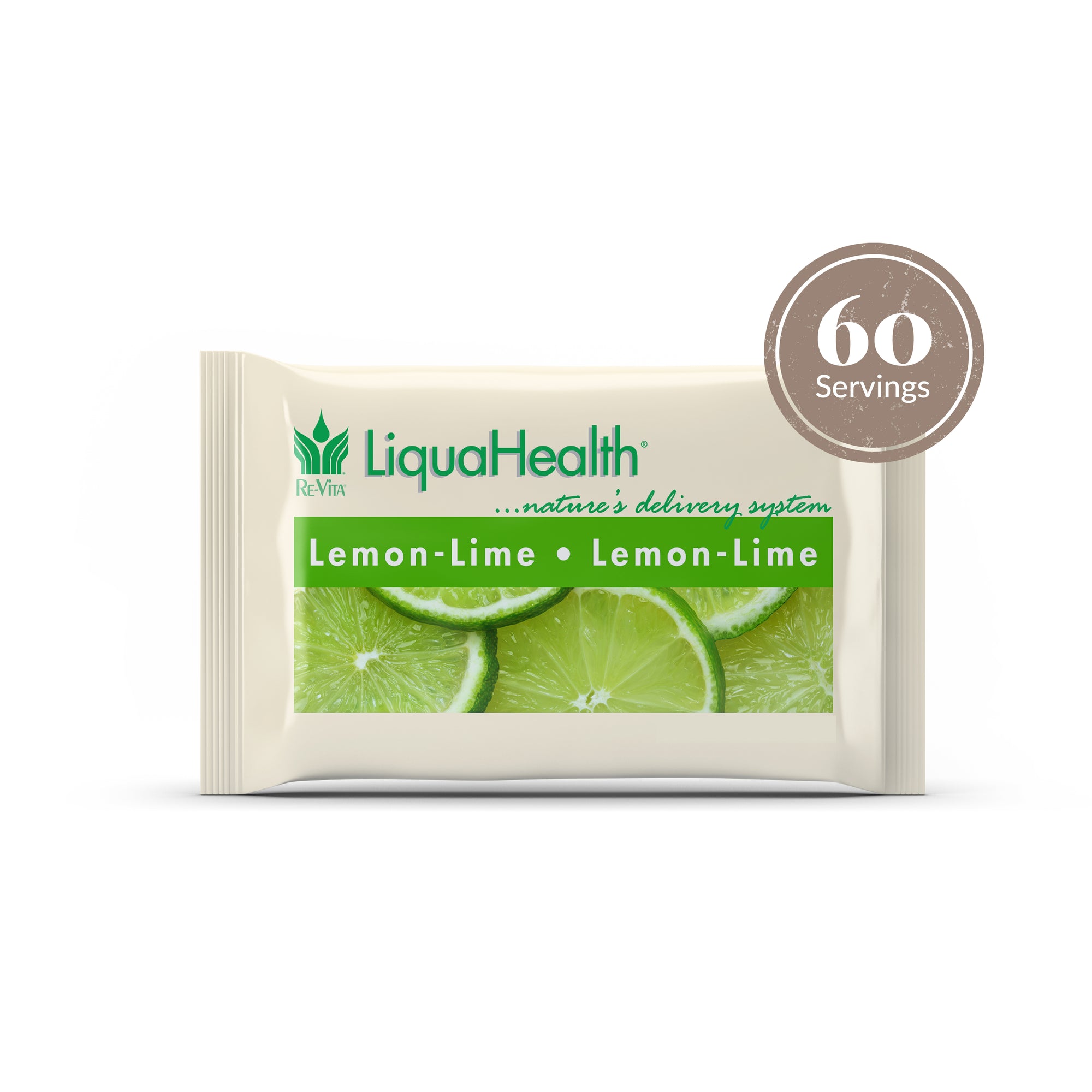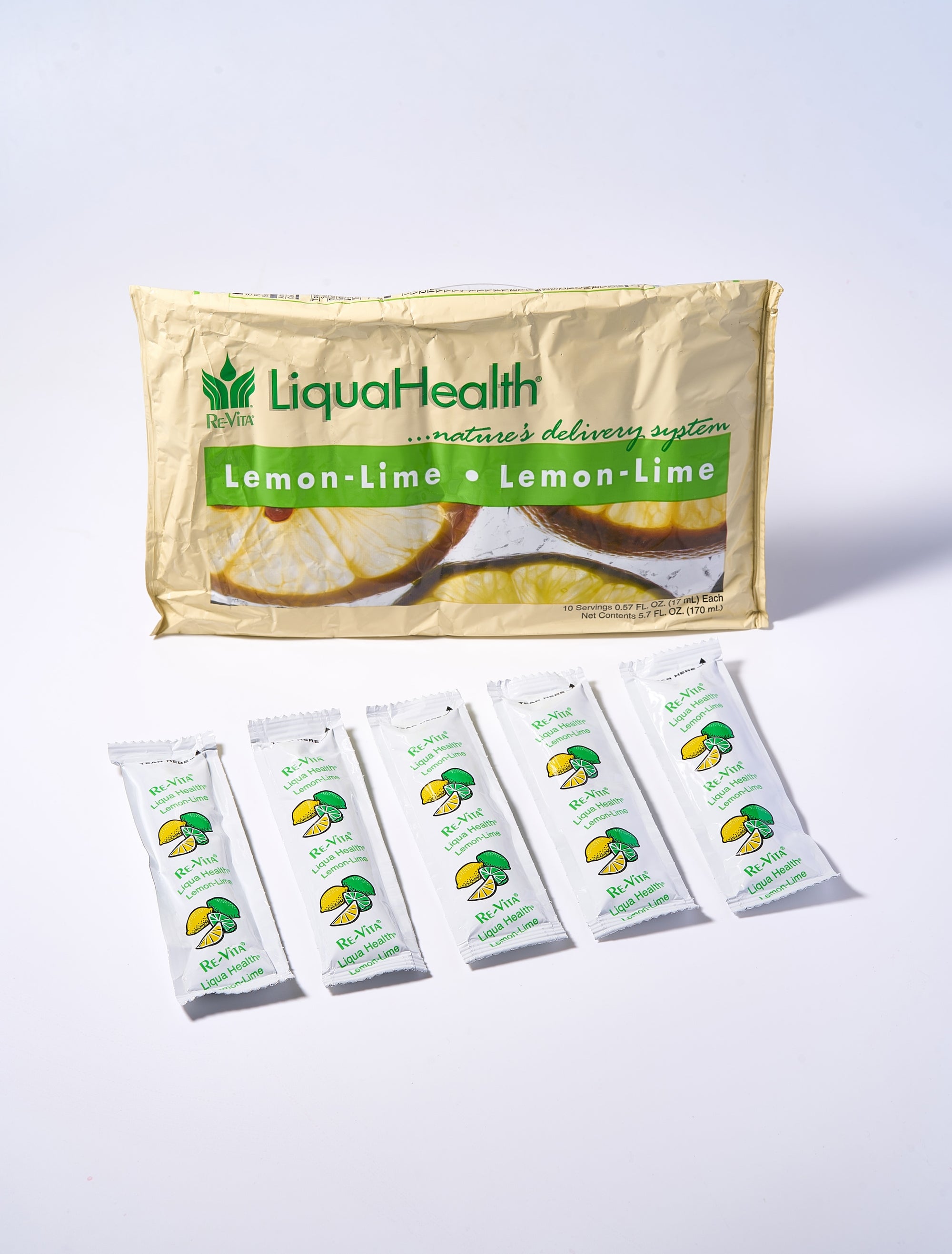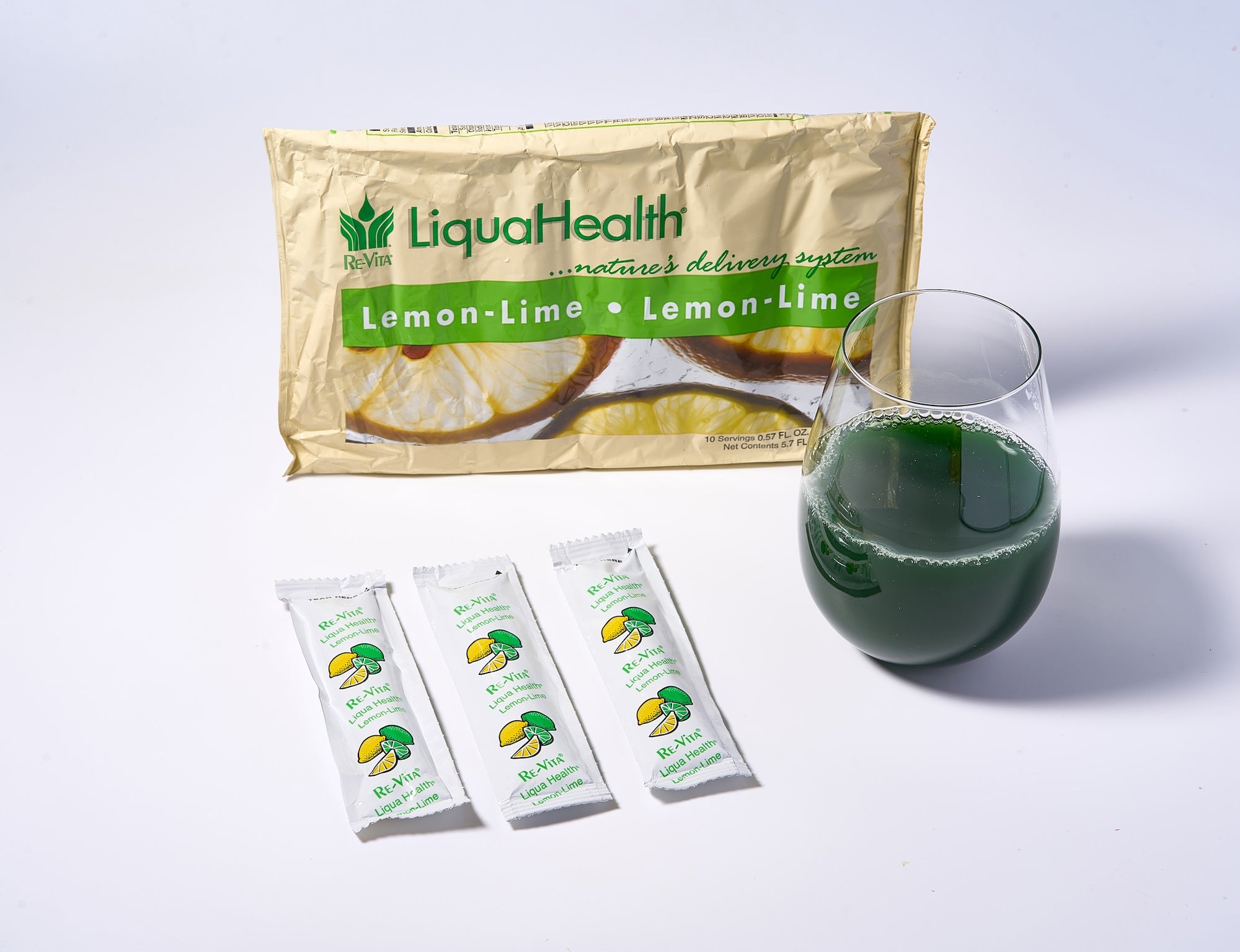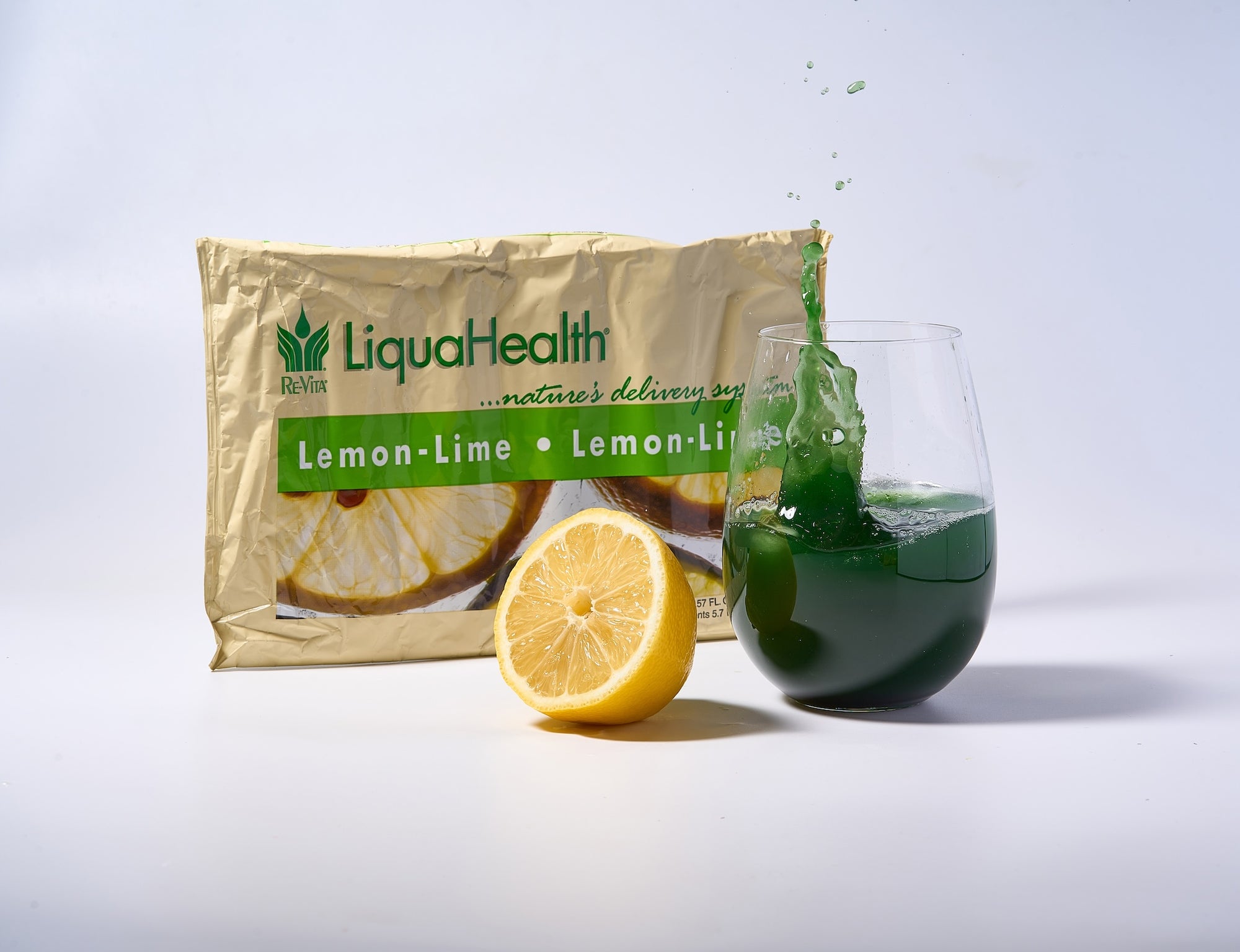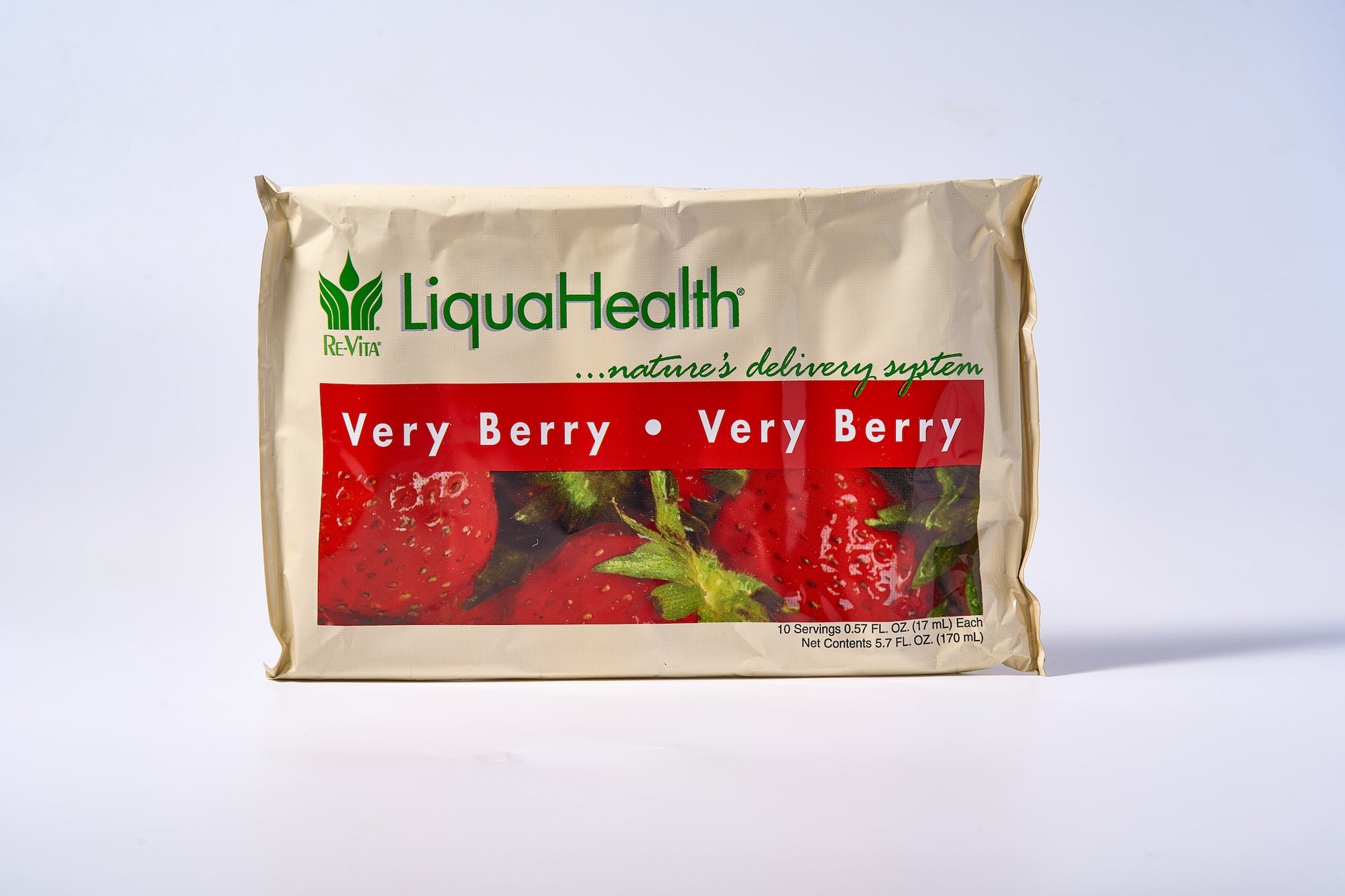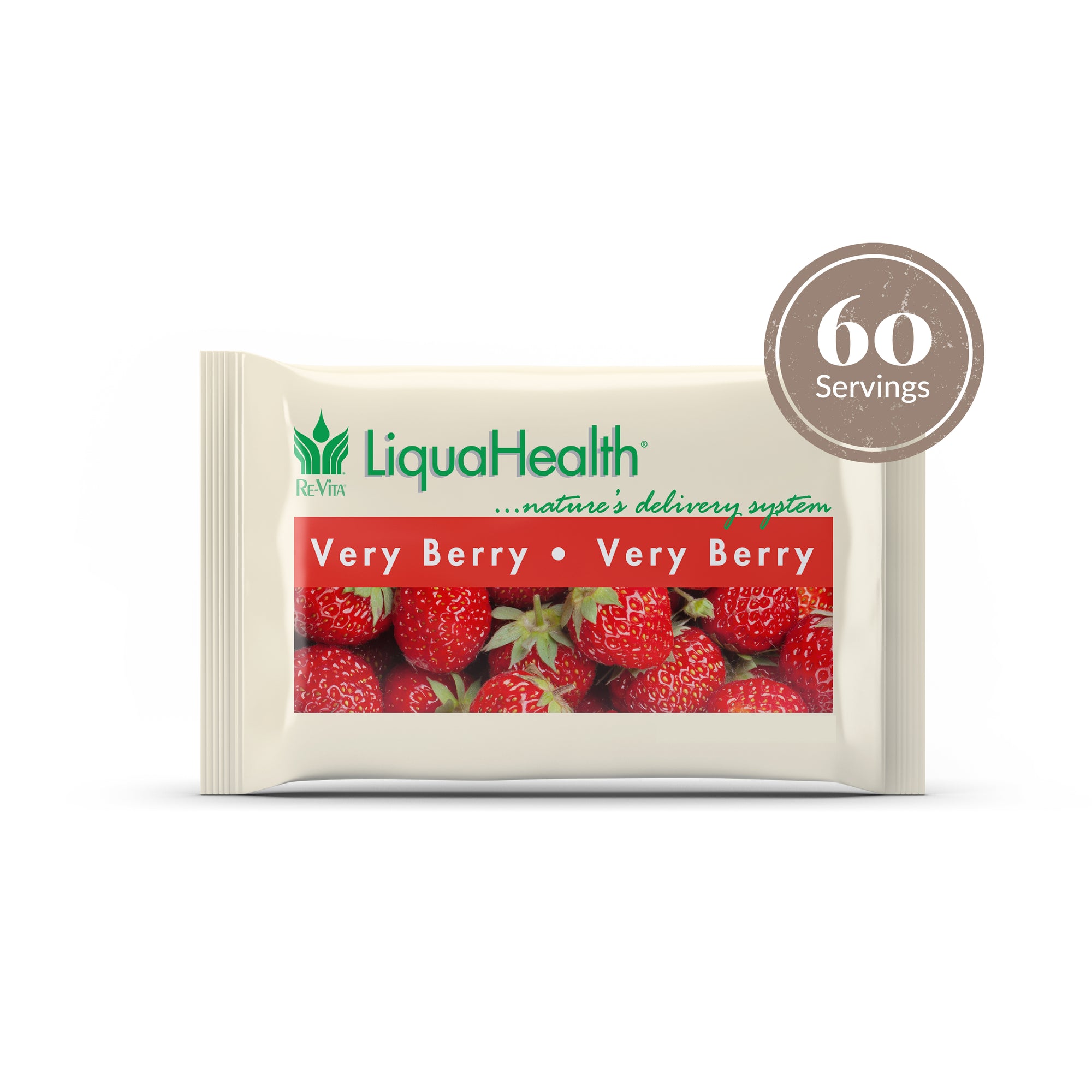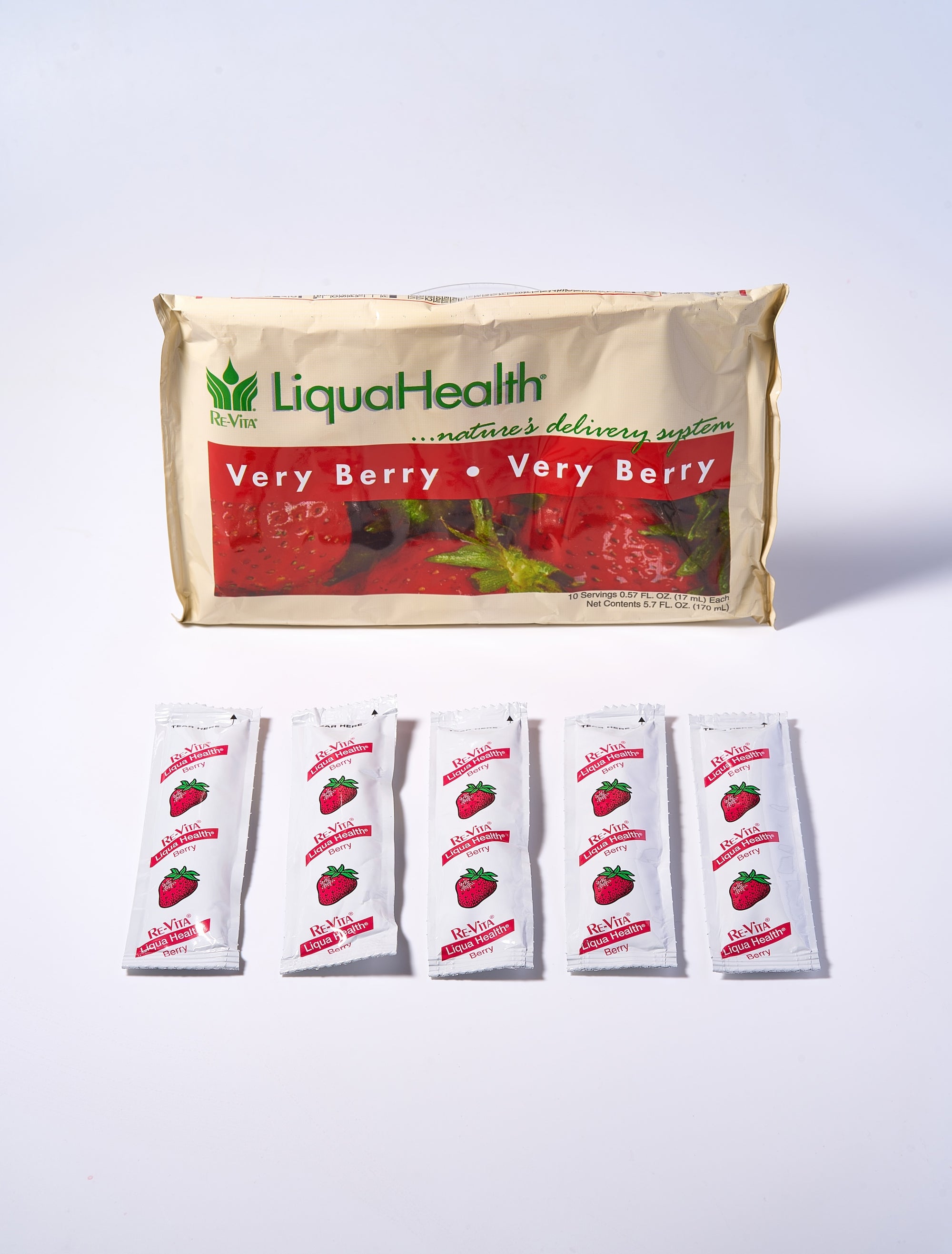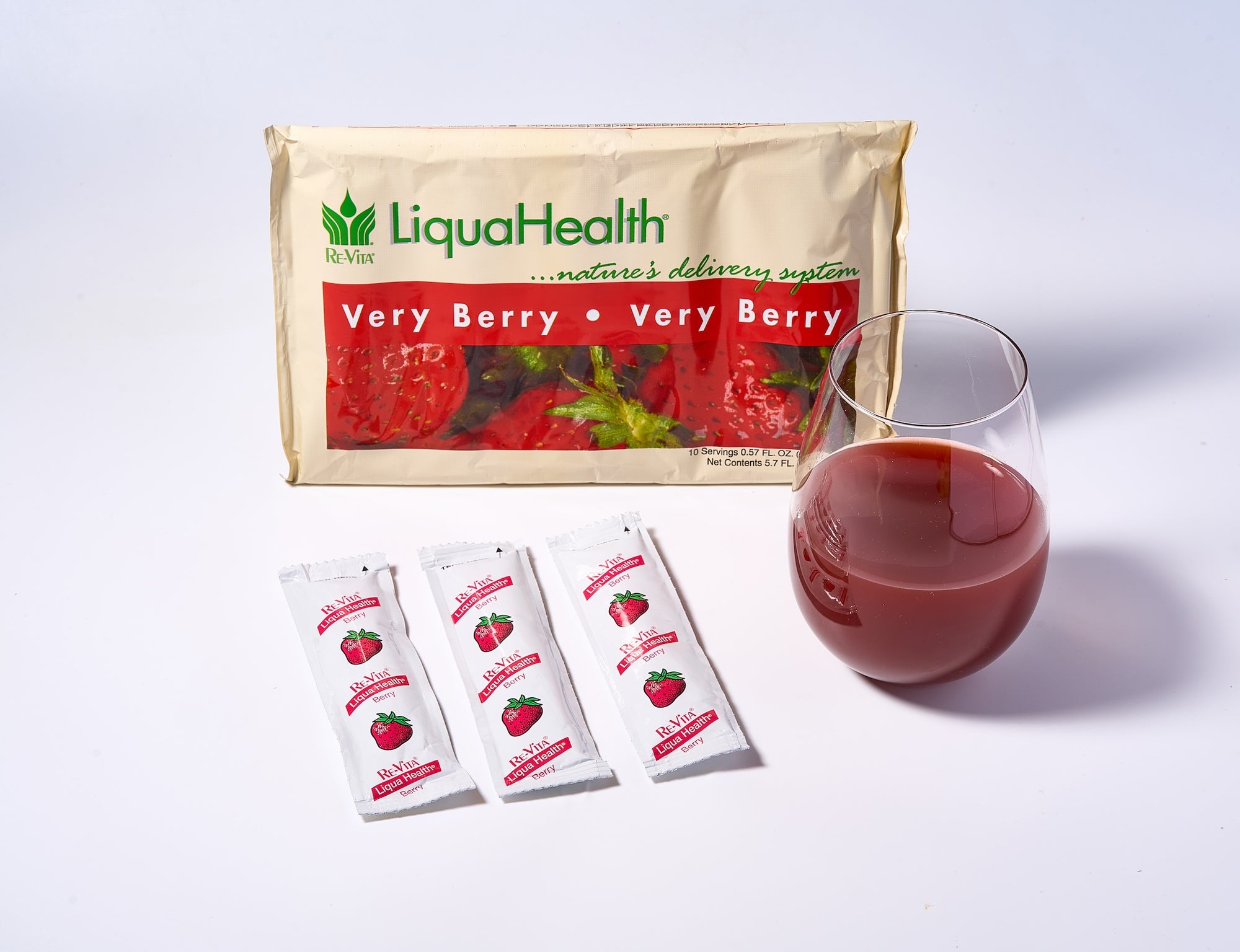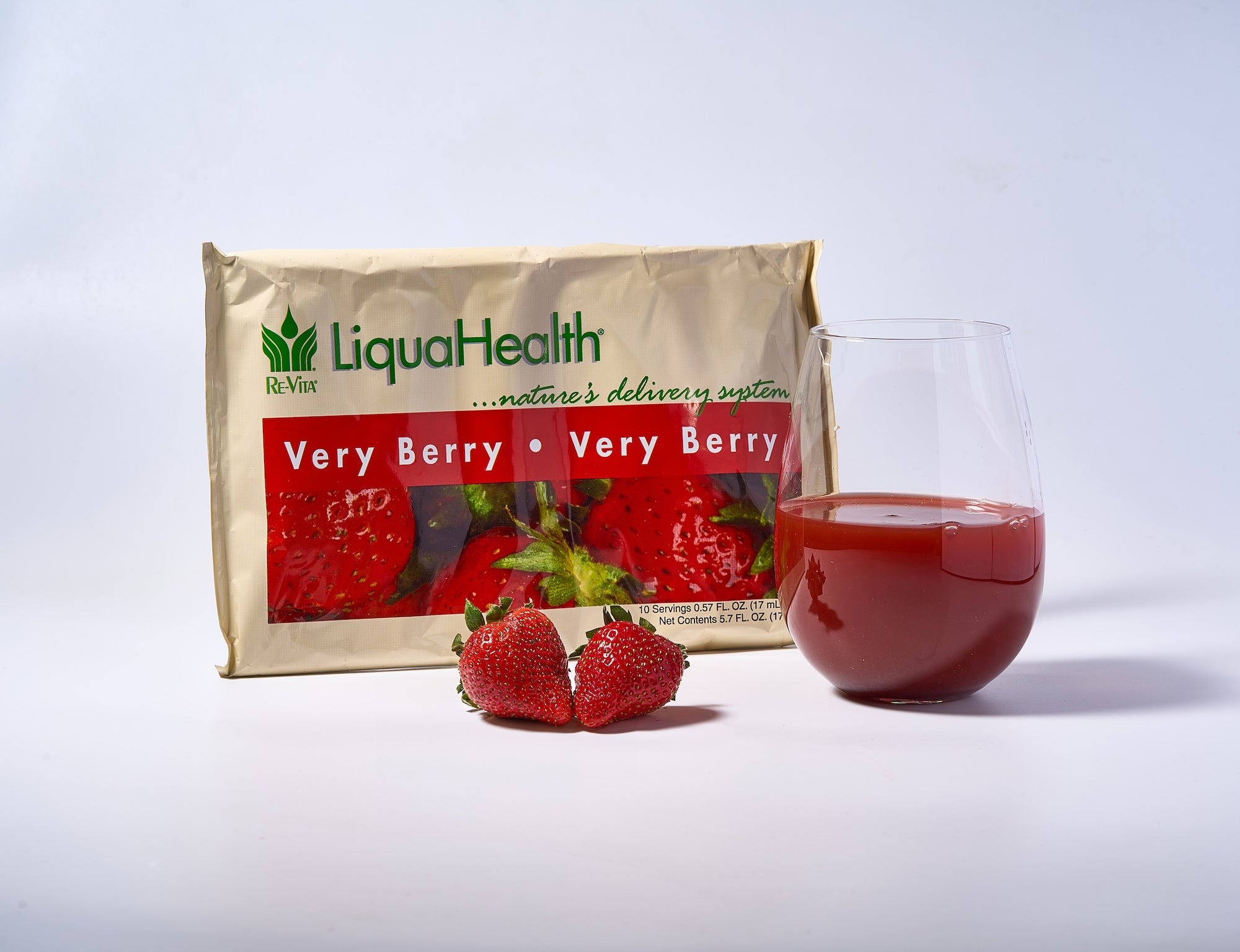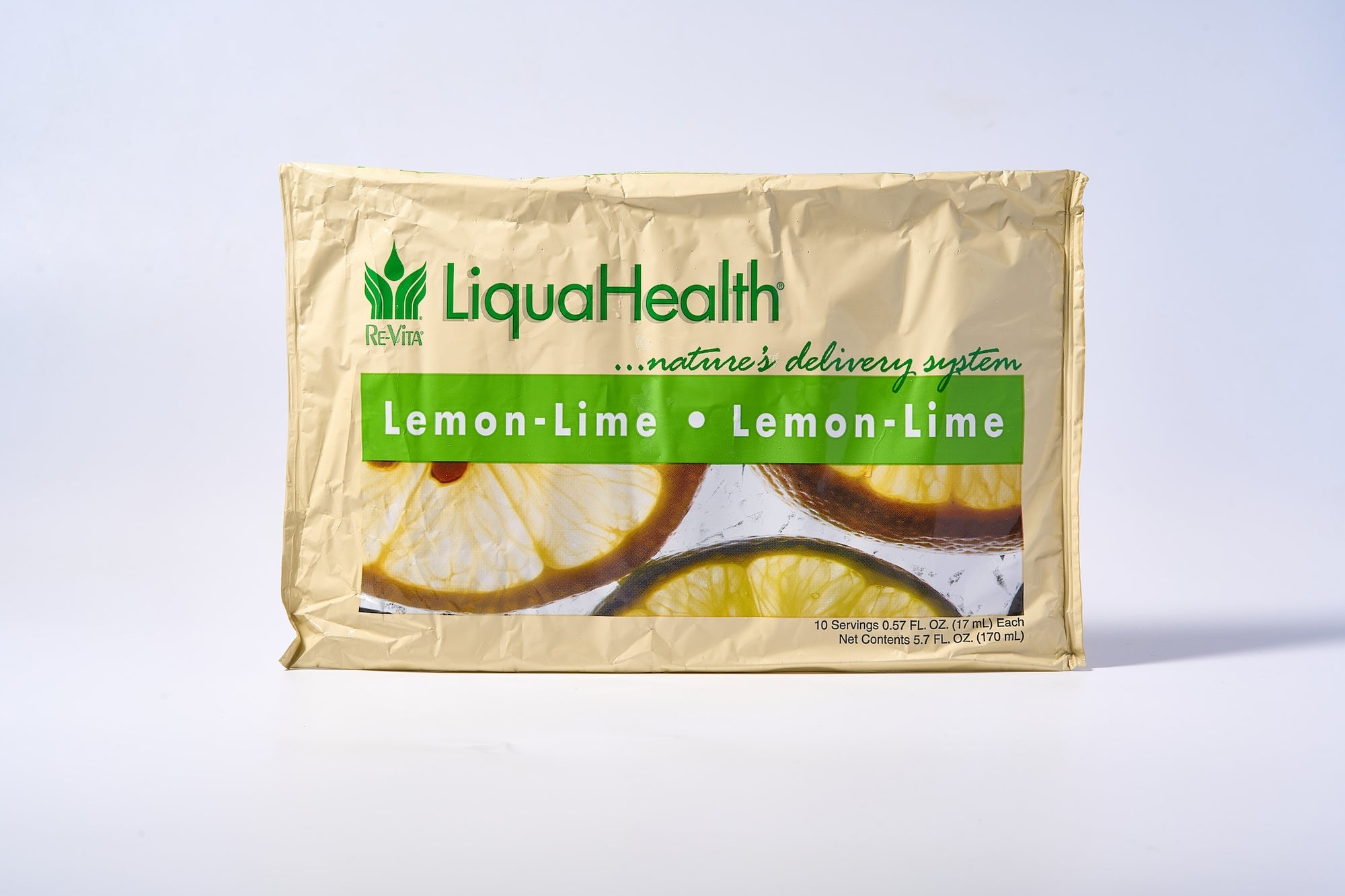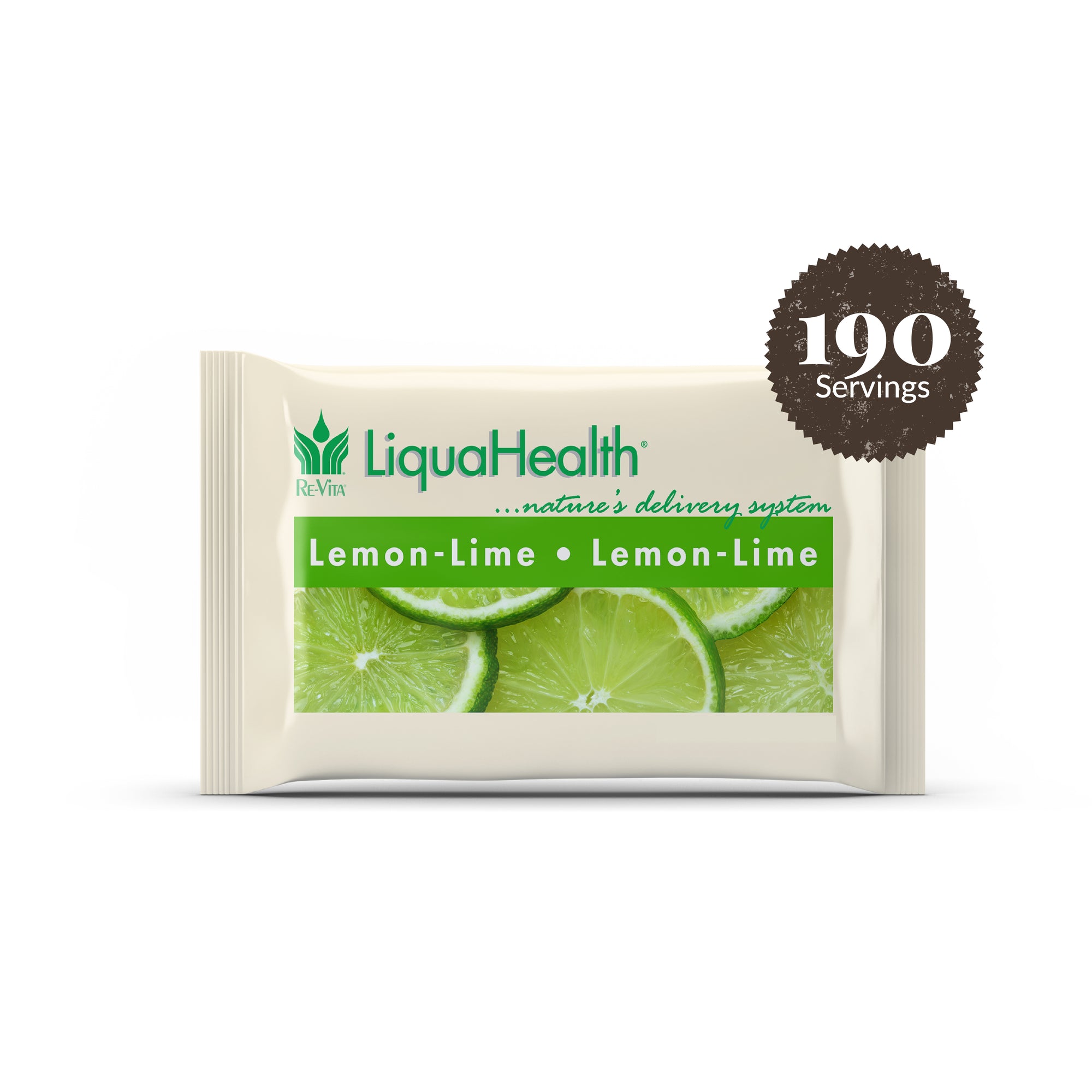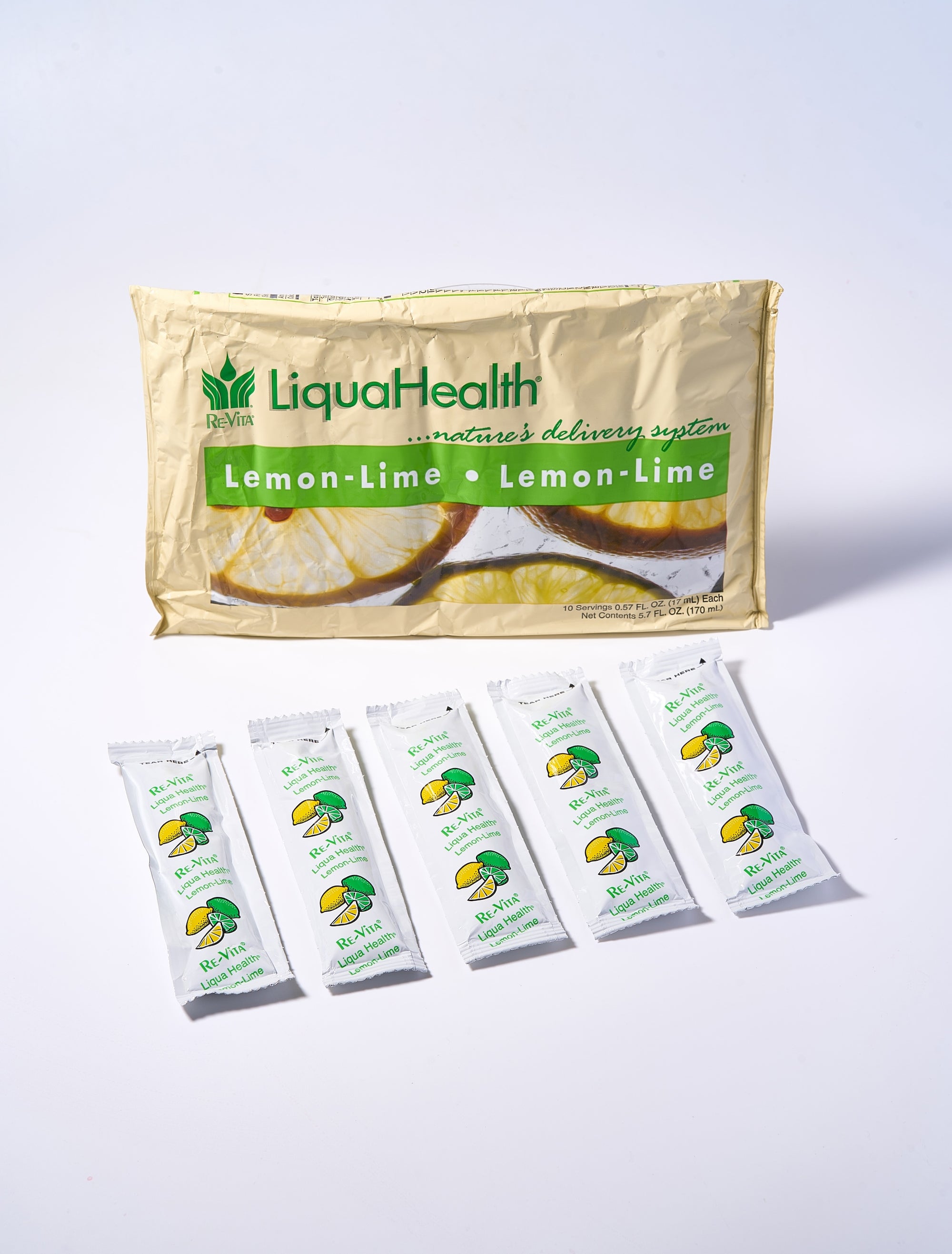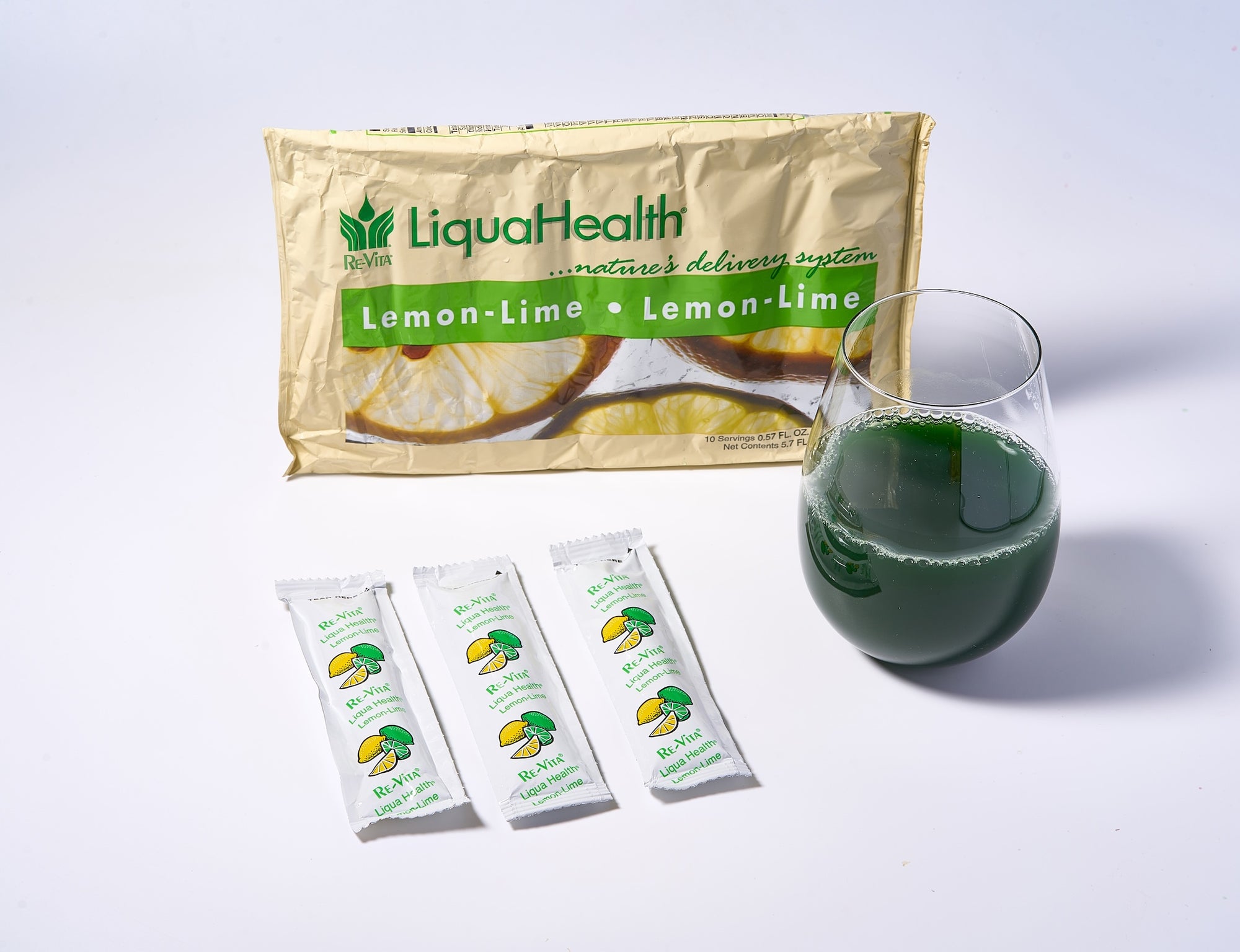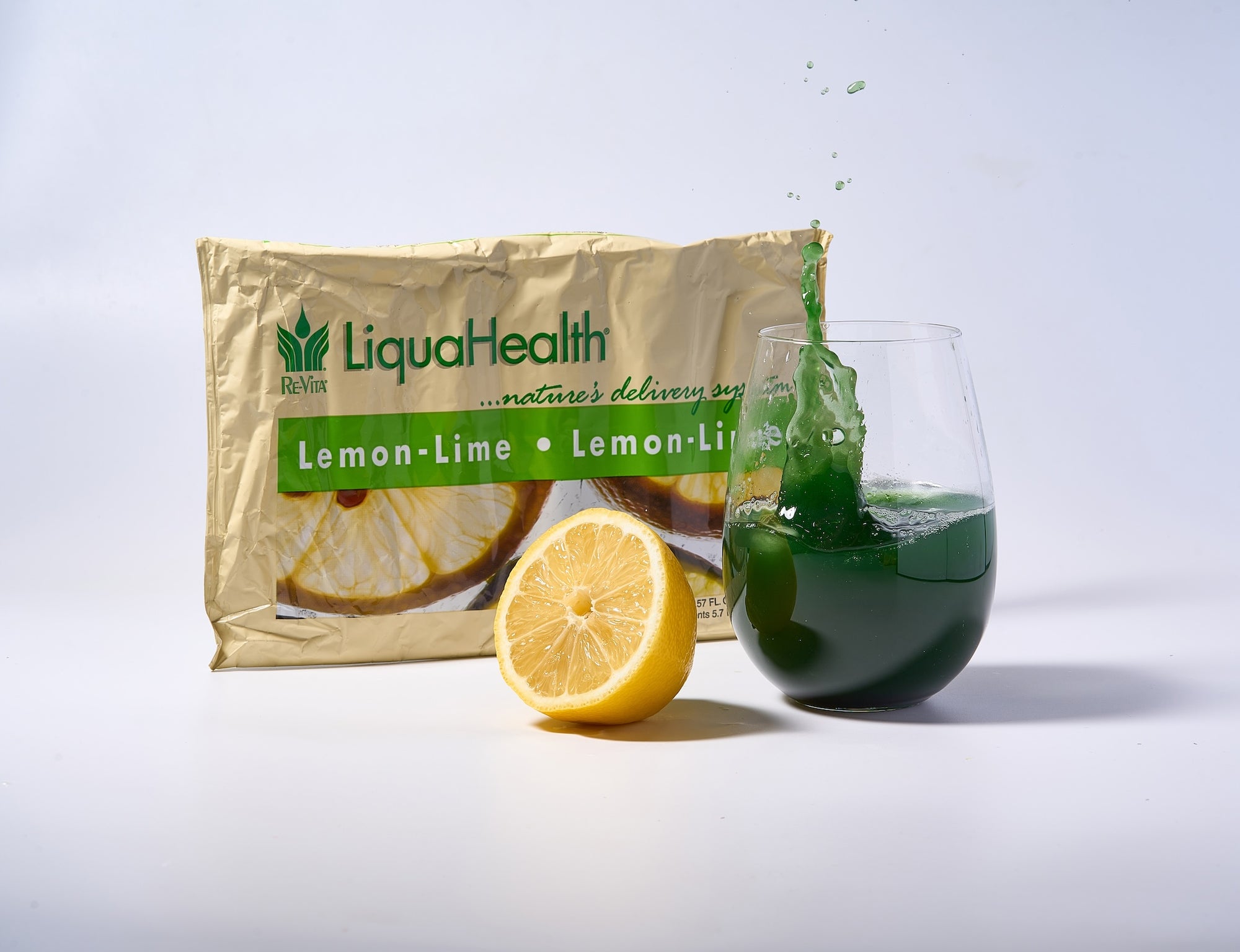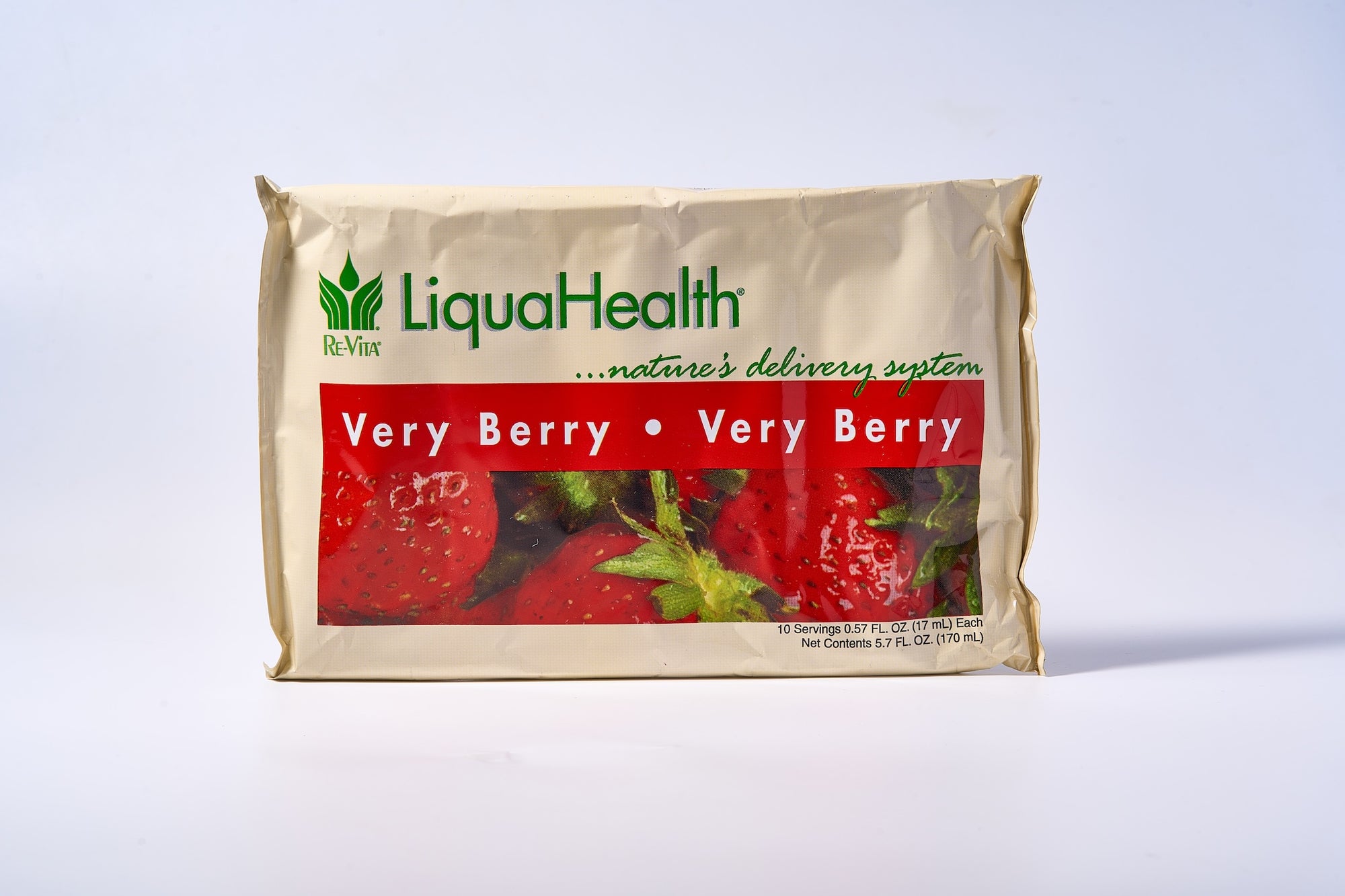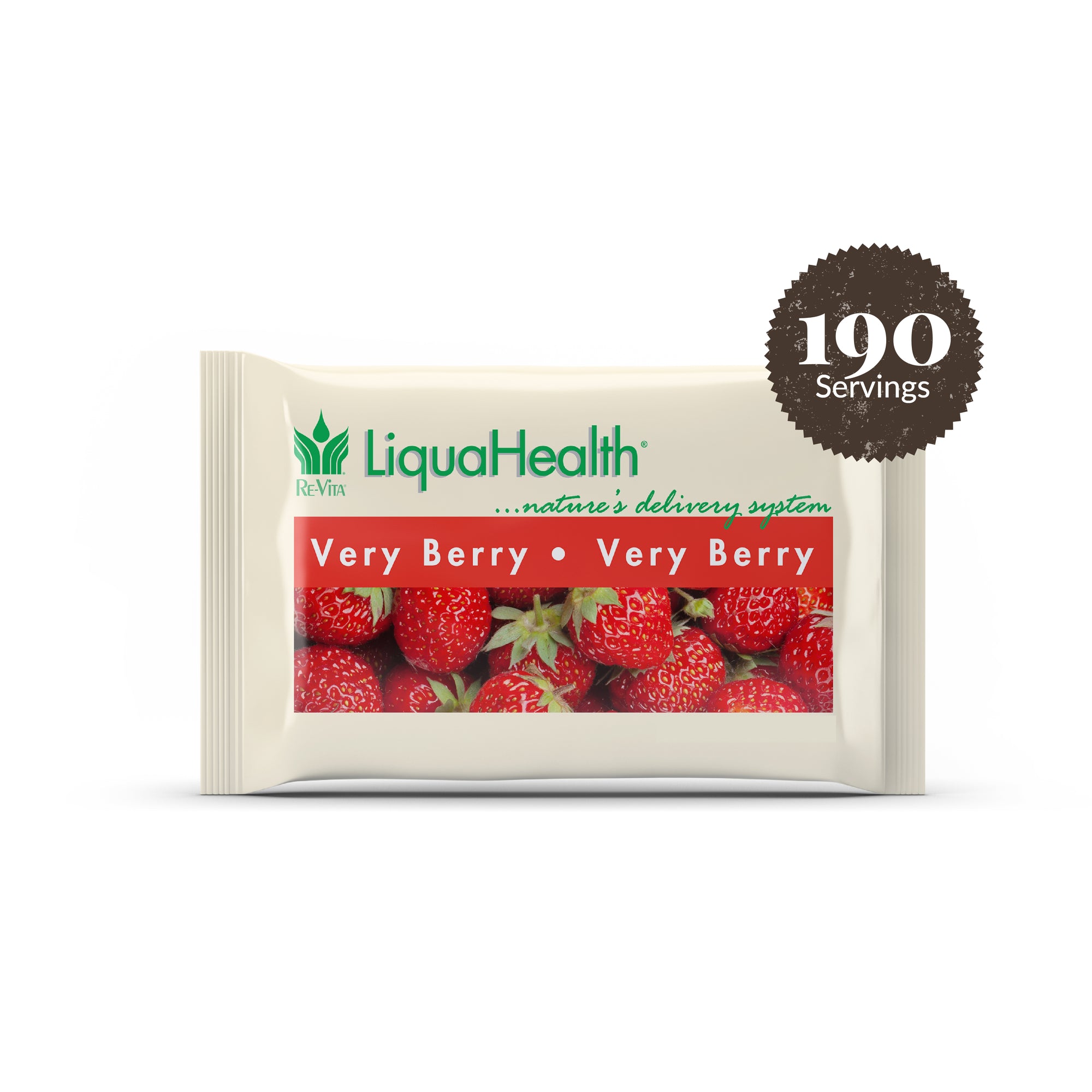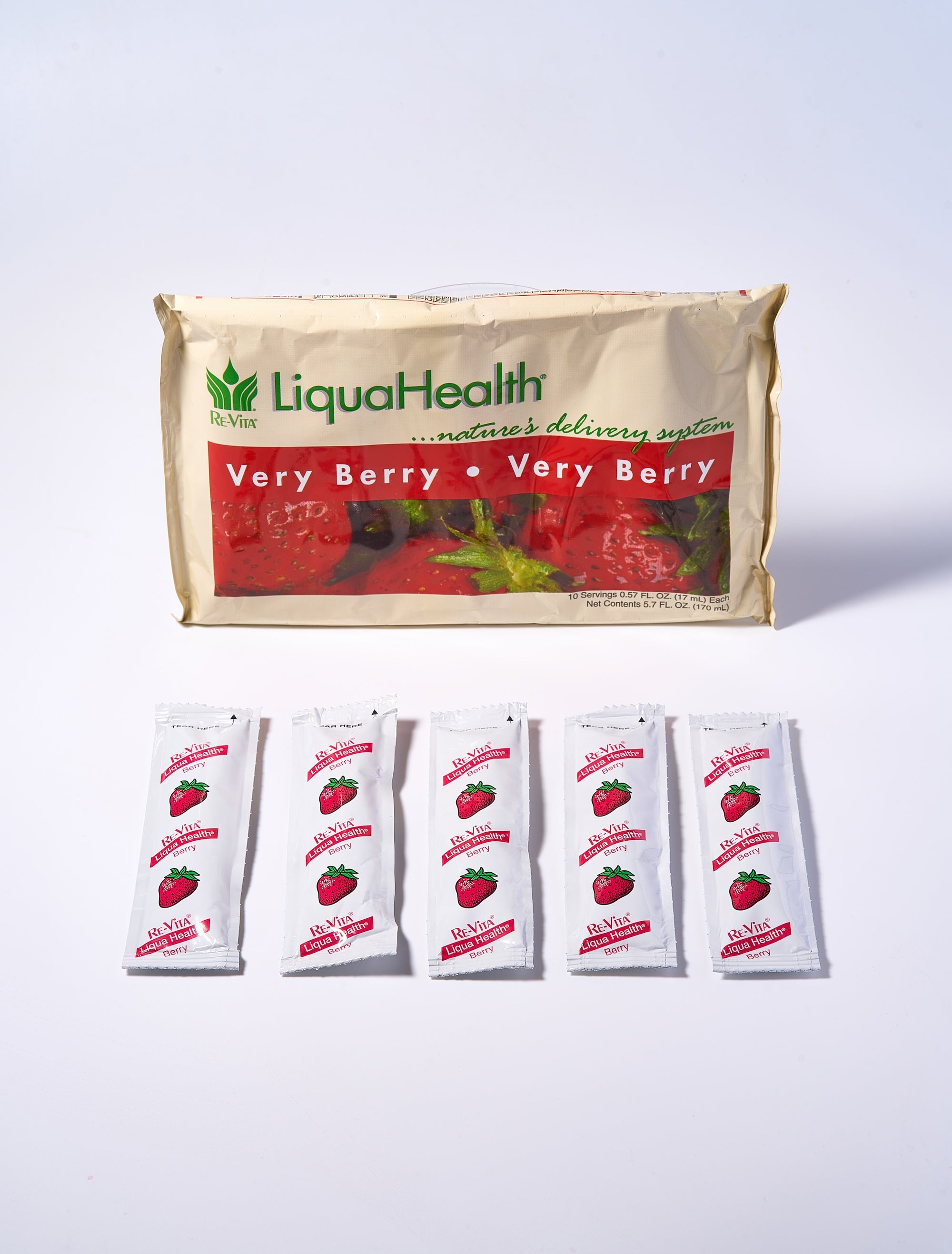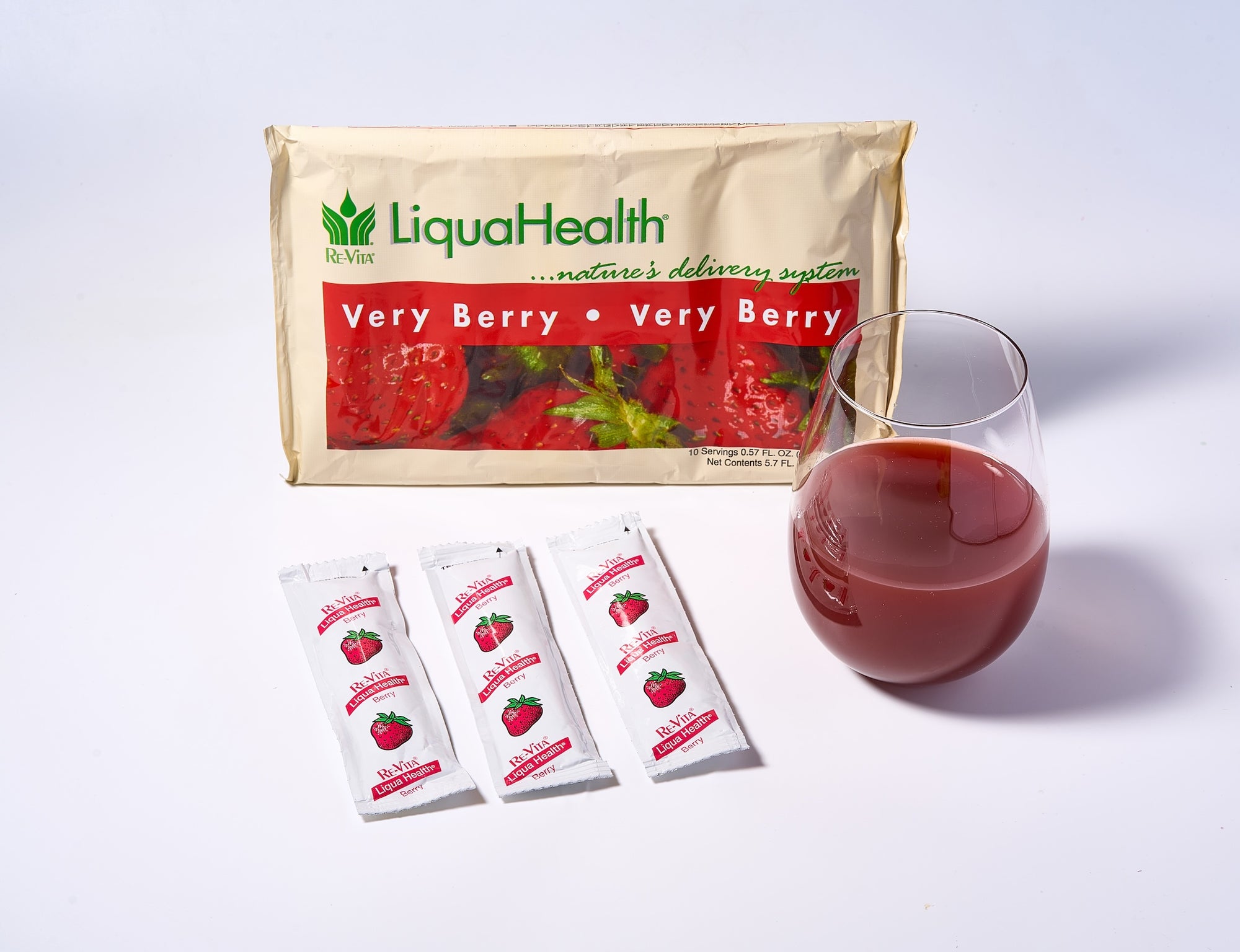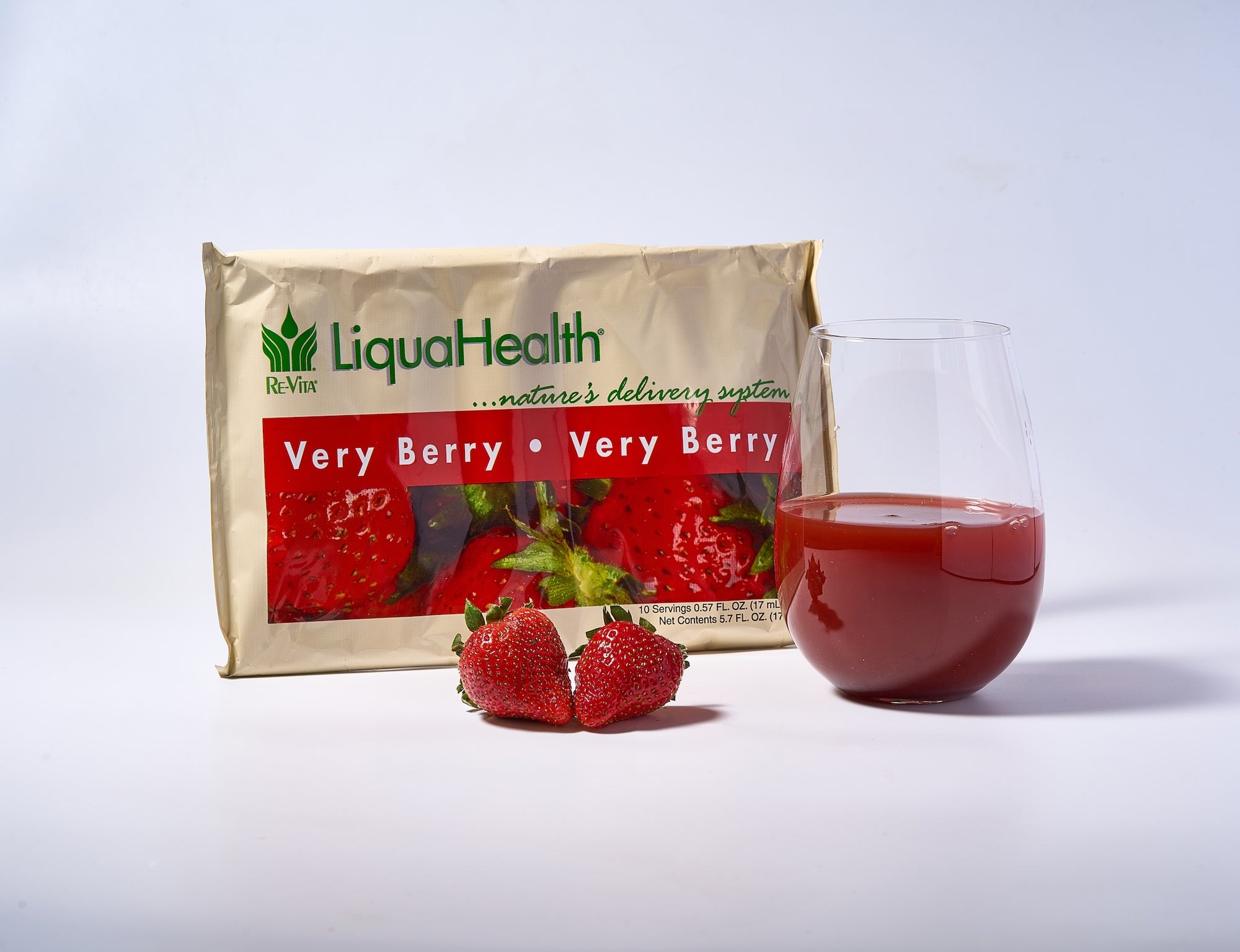Looking for a source of excellent nutrition? Spirulina is the answer! This natural food supplement contains essential vitamins and nutrients that everybody needs to maintain a healthy lifestyle.
We need to supplement our bodies with necessary nutrients as we grow and use our energy. While maintaining a healthy diet with ample servings of each food group can be effective, this may not be the most efficient method to get all the nutrients we need.
Spirulina is a convenient method of providing additional nutrients that your body misses from your usual diet. As a natural source of B vitamins and essential nutrients, spirulina is an ideal food supplement.
At Re-Vita®, we offer three different flavors of spirulina food supplements to complement everyone’s preferences. We believe a nutritious diet should be equally delicious.

Spirulina is a type of cyanobacteria, a single-celled organism that grows in fresh water. These organisms photosynthesize like plants, meaning they produce energy from the sunlight. Most people refer to these microbes as blue-green algae because of their appearance.
Humans have used spirulina for centuries. Spanish records state that the ancient Aztecs harvested the algae from lakes and then dried them to create green cakes. More recently, NASA suggested spirulina farming in space to feed astronauts, since it makes an ideal food supplement or whole food for containing nutrients even in small servings.

Although the algae grows in lakes and ponds, commercial spirulina products as food supplements come from controlled environments. Reliable spirulina manufacturers ensure high-quality food supplements free of harmful contaminants such as mercury and lead.
Re-Vita is among such high-quality spirulina providers. We source our products from controlled freshwater ponds, providing high-intensity sunlight and clean water. This ideal environment gives the bacteria everything it needs to produce the essential nutrients spirulina offers as a whole food.
What Is Spirulina Good For?
Although knowing what spirulina is and where it comes from is standard knowledge, you might wonder: is spirulina good for you? Here are some proven spirulina benefits for insights into this miraculous supplement:
Nutrient-Rich
Spirulina is a superfood with an extremely high nutrient content in each dose. A 7-gram tablespoon of dried spirulina powder contains:
- Protein (4 grams): Spirulina’s protein quality is similar to that of eggs. A single tablespoon also provides essential amino acids the body needs for vital processes.
- B Vitamins: Spirulina provides about 30% of the Recommended Dietary Allowance (RDA) of different B vitamins. More specifically, a single dose of spirulina provides 11% vitamin B1 (thiamine) for proper cell growth and functionality, 15% vitamin B2 (riboflavin) for energy production, and 4% vitamin B3 (niacin) for DNA creation and repair.
- Copper: Spirulina provides 21% of the RDA for copper to support the immune system, create red blood cells, and maintain nerve cell health.
- Iron: Spirulina offers 11% of the RDA for iron, an essential nutrient for blood production and oxygen transportation.
- Magnesium: Spirulina offers decent amounts of magnesium, a crucial nutrient that supports energy production, muscle function, and nerve performance. The body needs to maintain magnesium levels to prevent high blood pressure, heart disease, osteoporosis, and type 2 diabetes.
- Potassium: This nutrient also has a part in nerve and muscle function, helping the heart keep a steady, regular beat. Spirulina contains a generous amount of potassium to help cells absorb other nutrients and clean cell waste at the same time.
- Manganese: Spirulina contains some manganese that helps the body form connective tissue and bones. The body needs enough of this nutrient to maintain normal brain and nerve functions.
- Digestible Carbs (1.7 grams): A single 7-gram spirulina serving contains carbohydrates available for providing energy in the cells.
- Fat (1 gram): The same amount of spirulina offers a small amount of fat, including omega-6 for healthy blood sugar levels, and omega-3 fatty acids for cardiovascular health.
Spirulina may also contain small amounts of other essential nutrients with only a 7-gram serving. In addition, experts have noticed the effectiveness of servings up to 10 grams.
These nutrients are available in dry powder form. We liquify our dry spirulina products with fructose and flavors without taking away from their benefits. Liquid spirulina is 100% bioavailable, meaning the body can easily absorb the product to deliver its vitamins and minerals. Browse our selection of spirulina in various flavors.
Antioxidant
Spirulina offers antioxidant and anti-inflammatory properties to prevent oxidative damage. This kind of damage harms the DNA, leading to chronic inflammation. The inflammation may cause other diseases, including cancer.
Experts have explored spirulina’s potential anti-cancer properties in astudy featuring patients with mouth cancer. The study suggested that 1-gram servings of spirulina greatly improved the patients’ oral submucous fibrosis, an oral precancerous condition associated with inflammation.
Meanwhile, a study featuring 37 people with type 2 diabetes highlighted spirulina’s antioxidant properties. This study found that 8-gram servings of spirulina increased the subjects’ antioxidant enzyme levels in the blood, reducing oxidative damage markers.
Lower Cholesterol
Several studies have demonstrated spirulina’s positive impact on preventing heart disease. One study highlighting type 2 diabetes as a heart disease risk factor found that people who took two grams of spirulina improved their conditions.
Meanwhile, another study featuring people with high cholesterol suggested that one gram of spirulina can effectively lower triglycerides and LDL (low-density lipoprotein). Many consider these lipids as “bad” cholesterol because they contribute to heart disease.
Controls Blood Pressure
Minimizes Allergies
Some evidence links spirulina supplements with treatment for allergic rhinitis symptoms. Allergic rhinitis involves inflammation in nasal pathways, which spirulina’s anti-inflammatory properties may improve.



